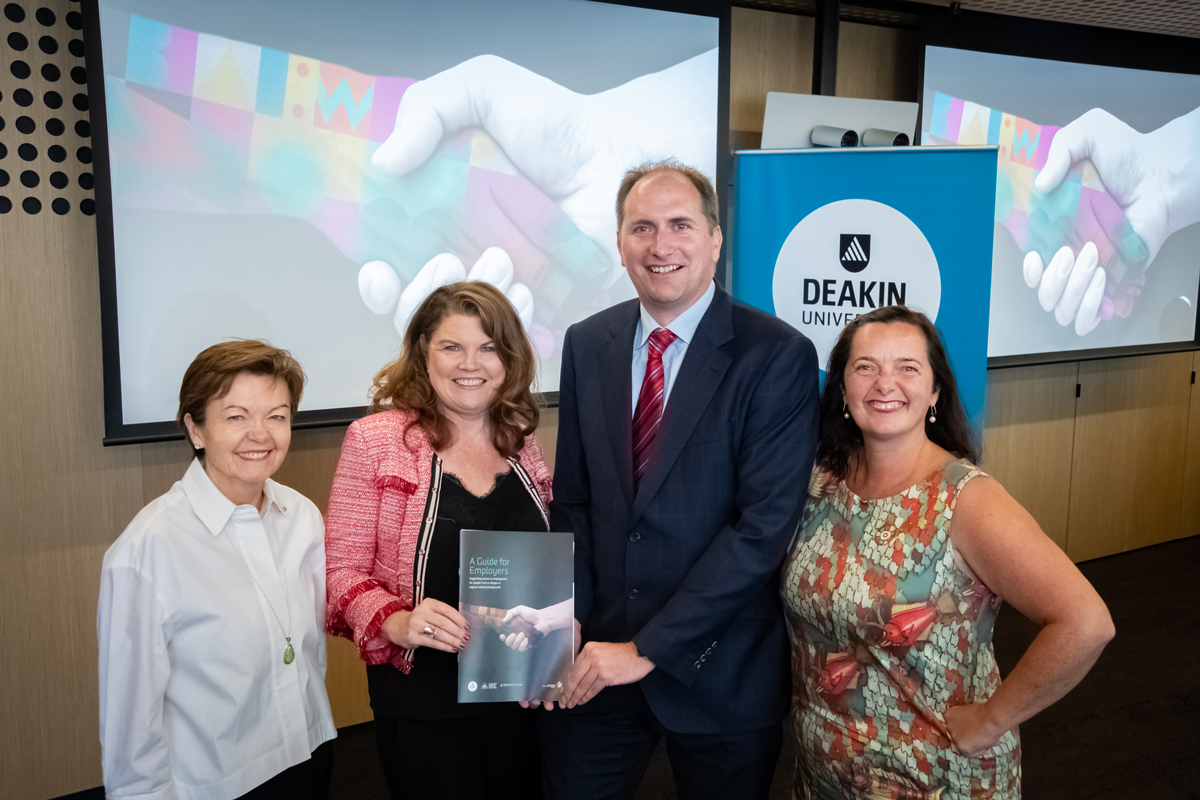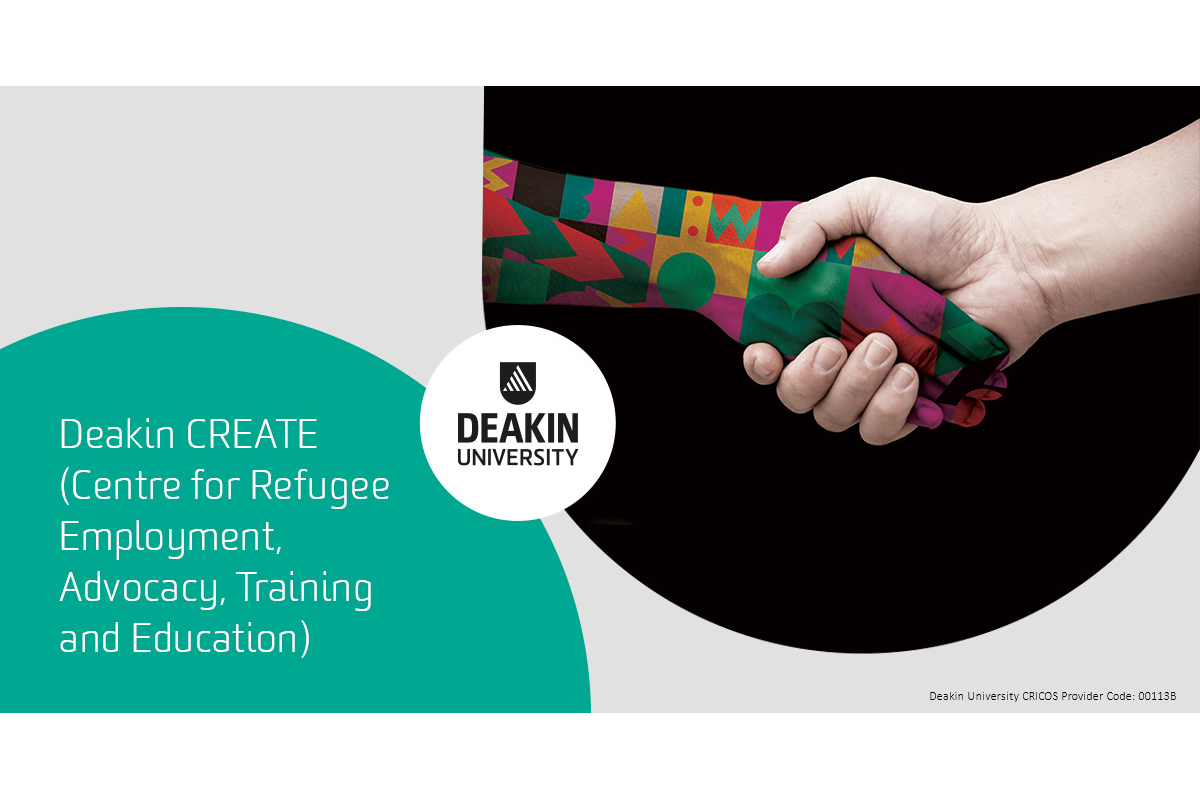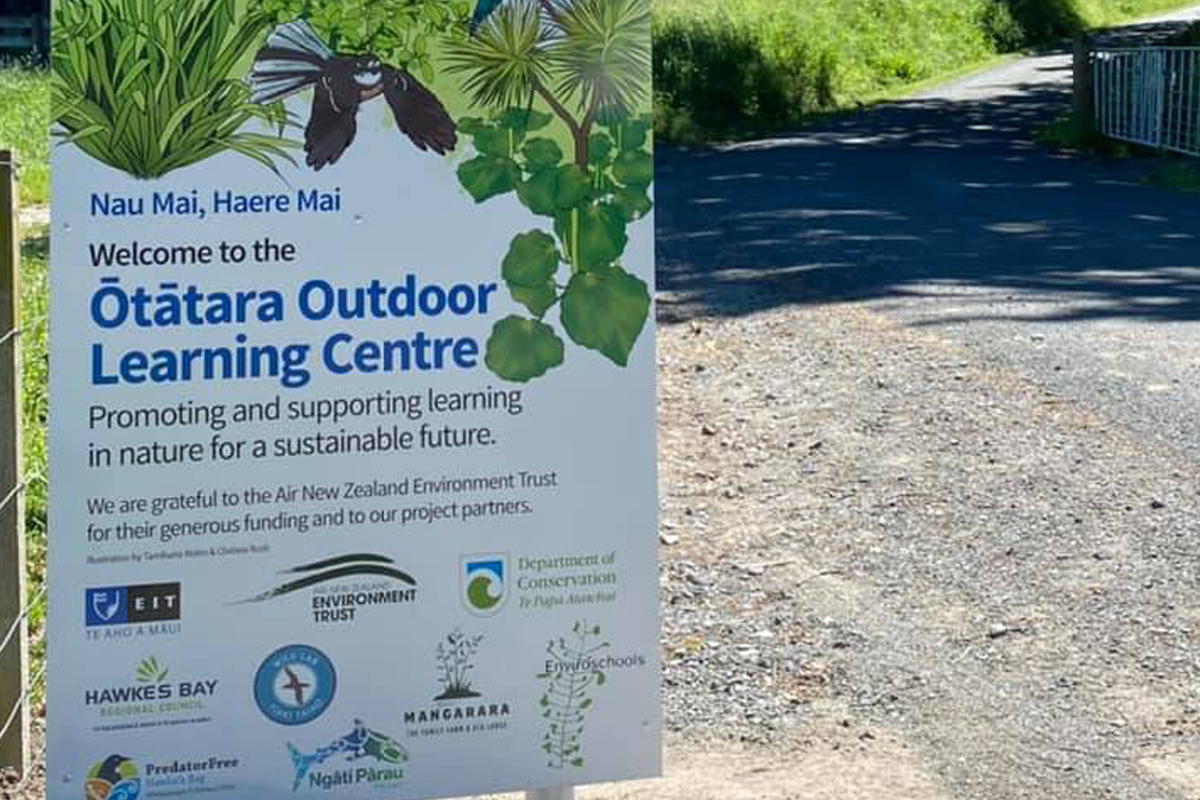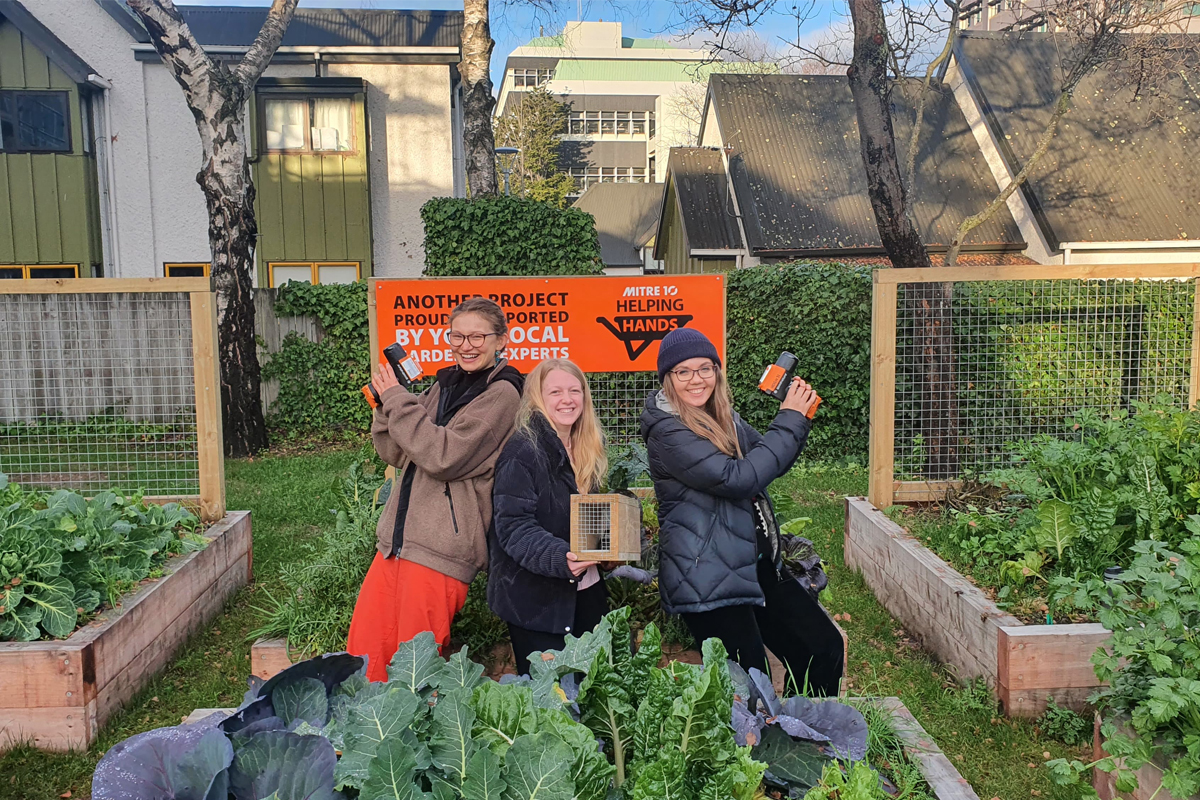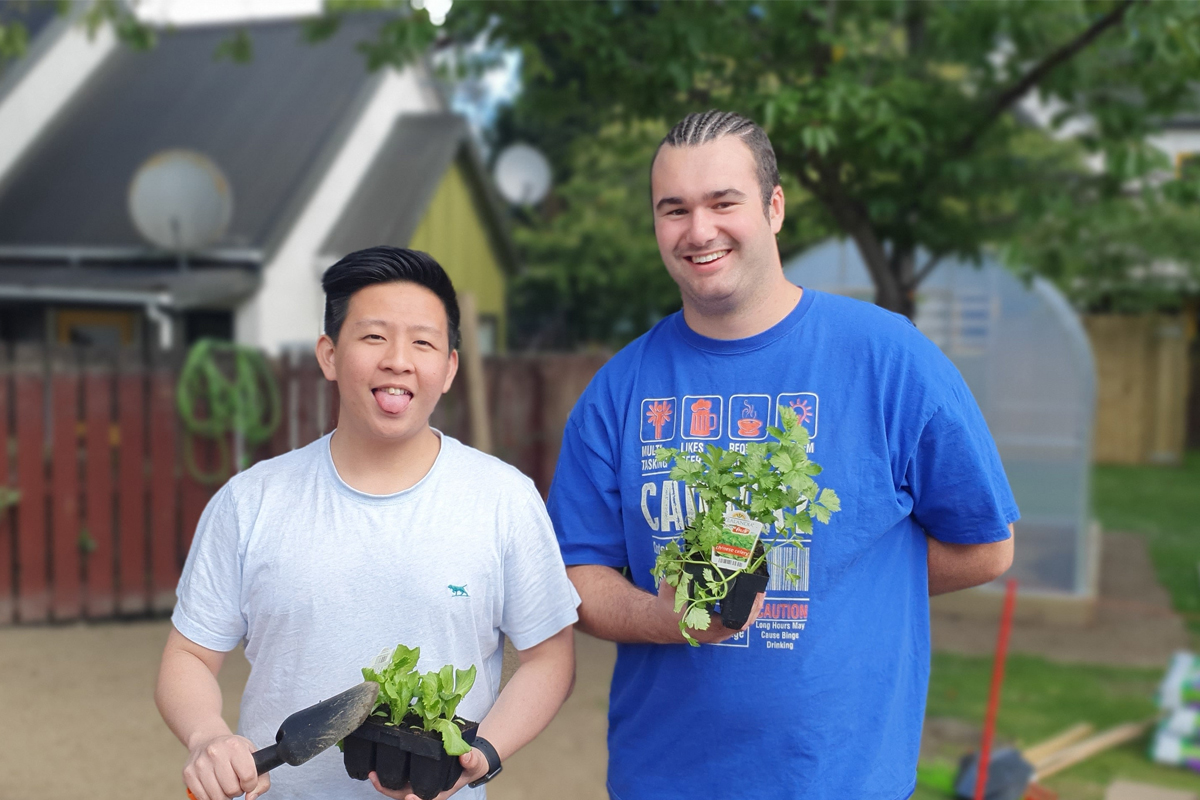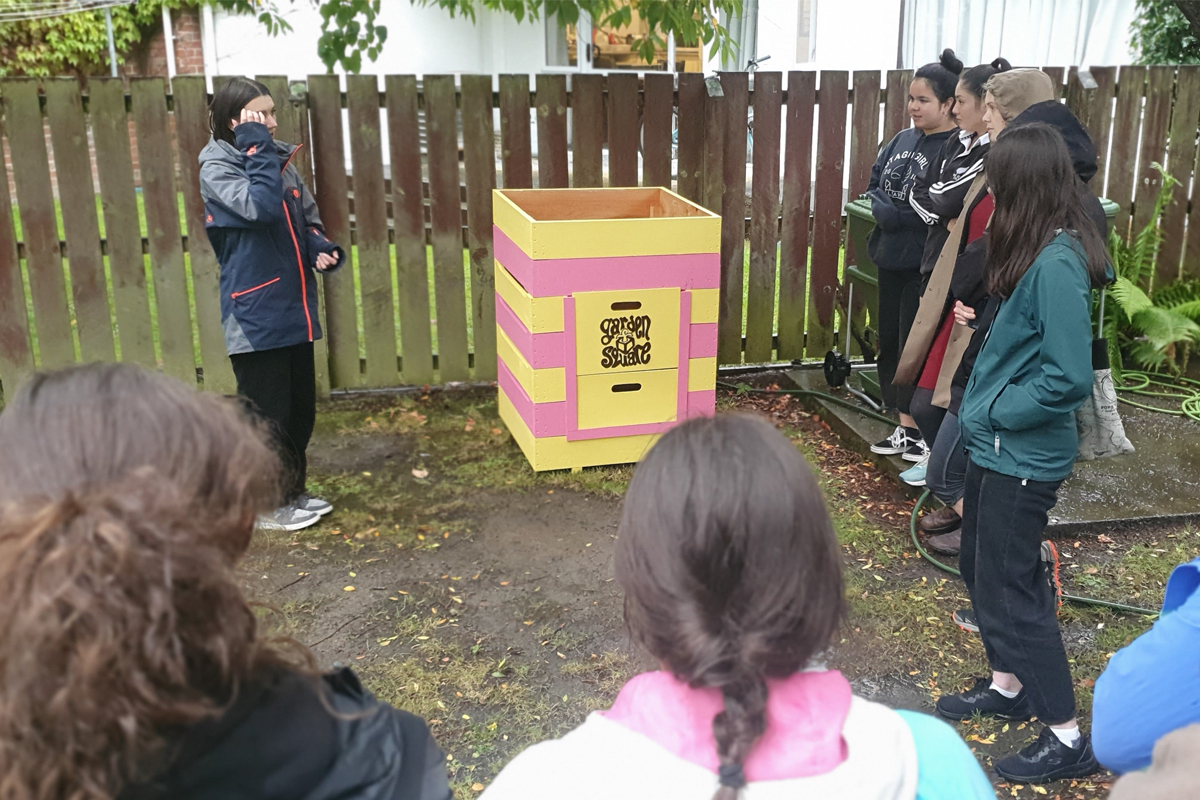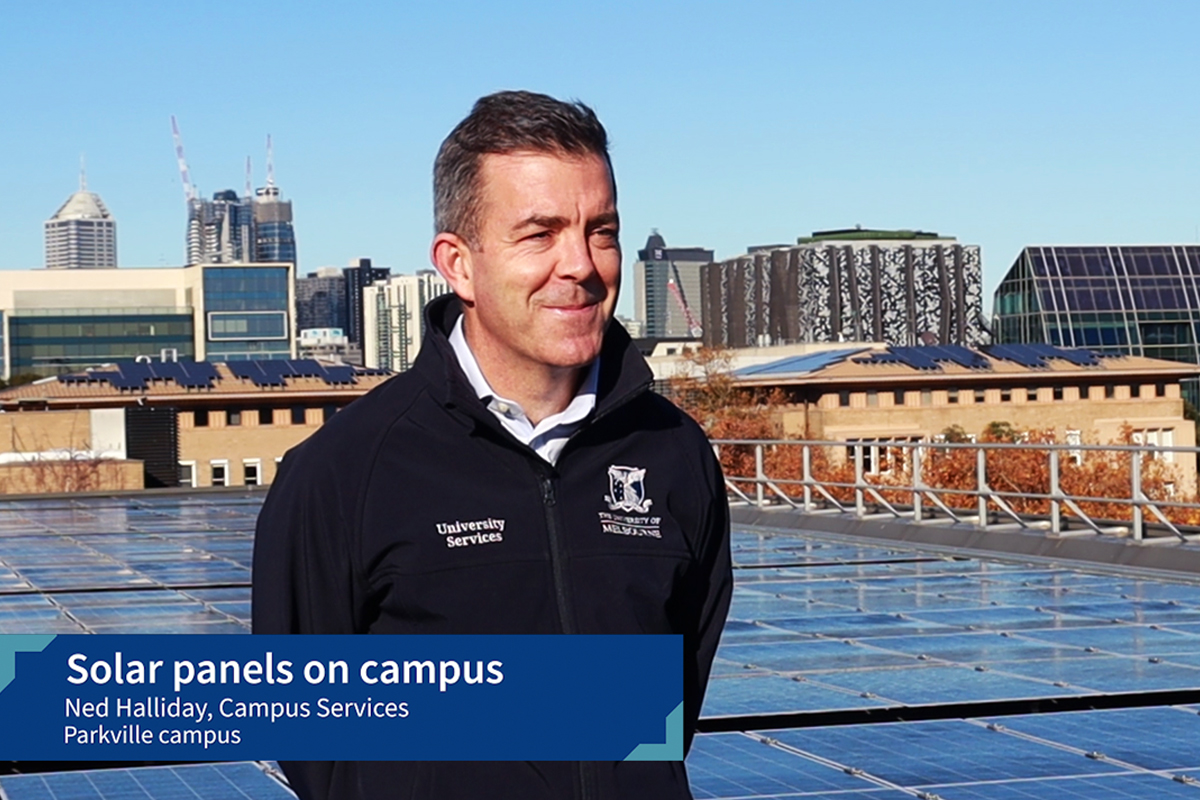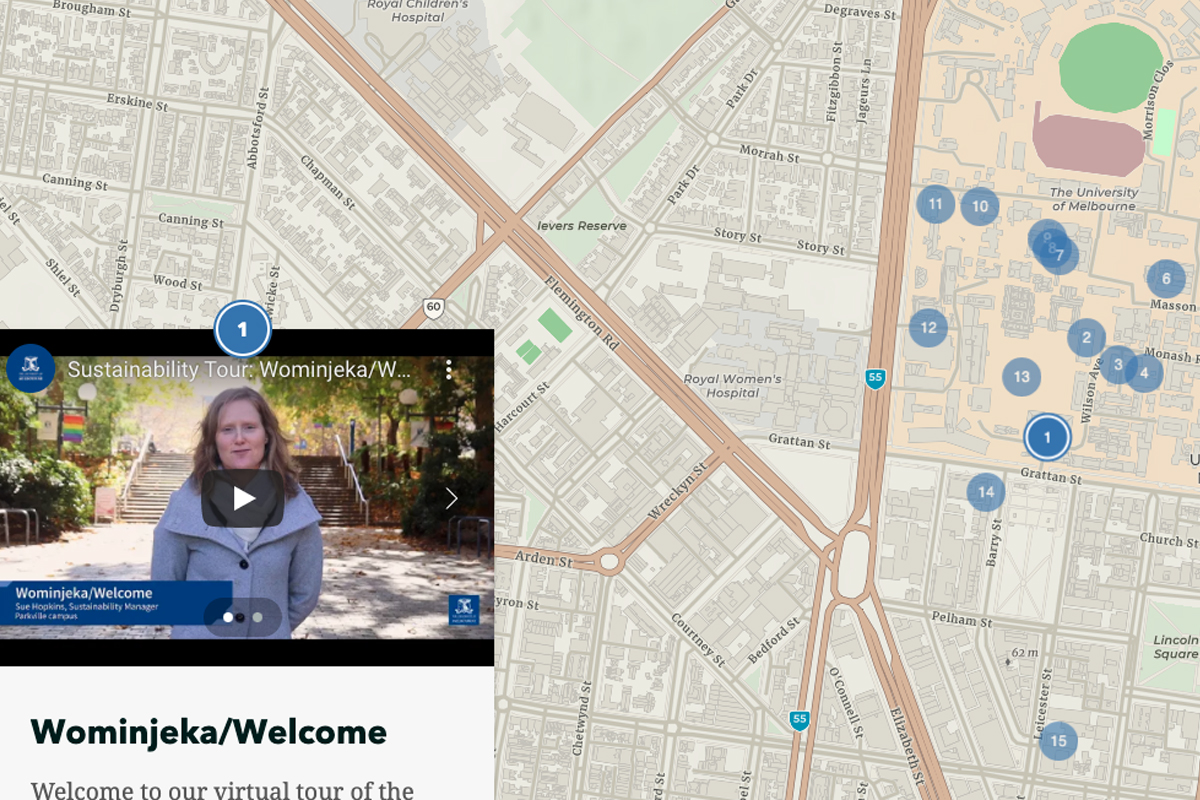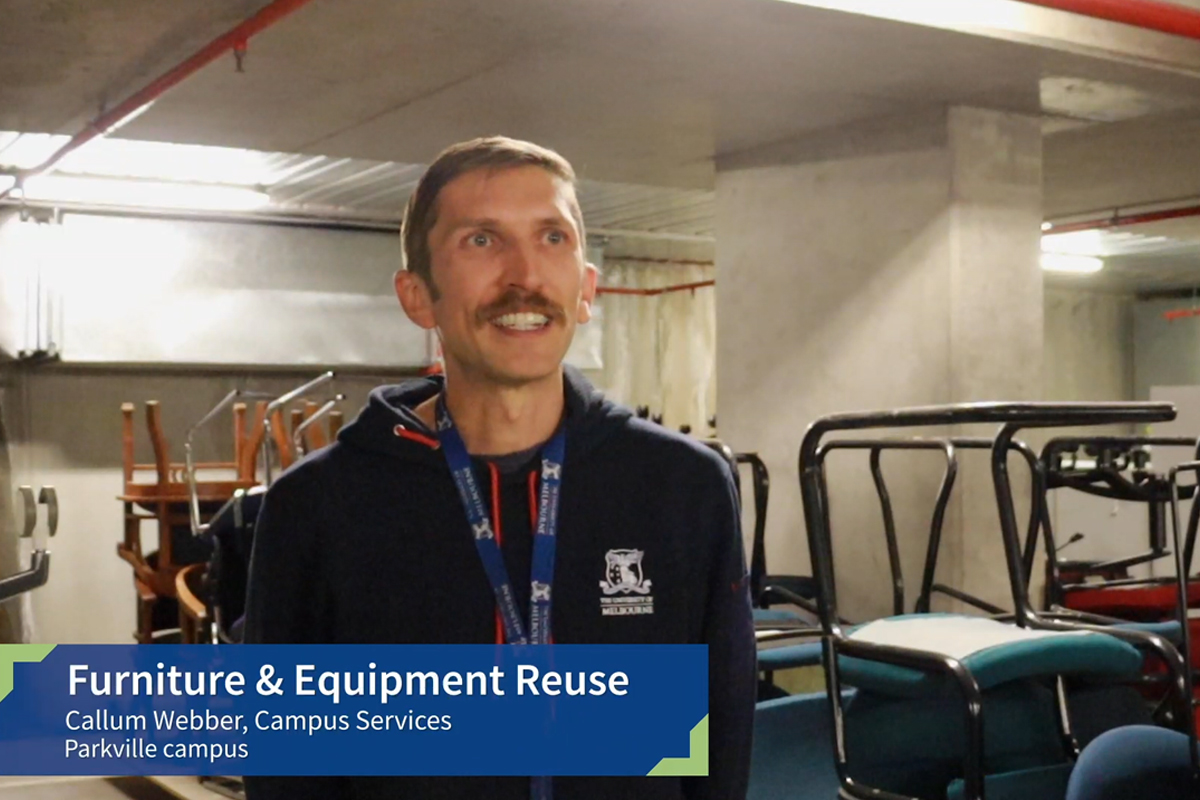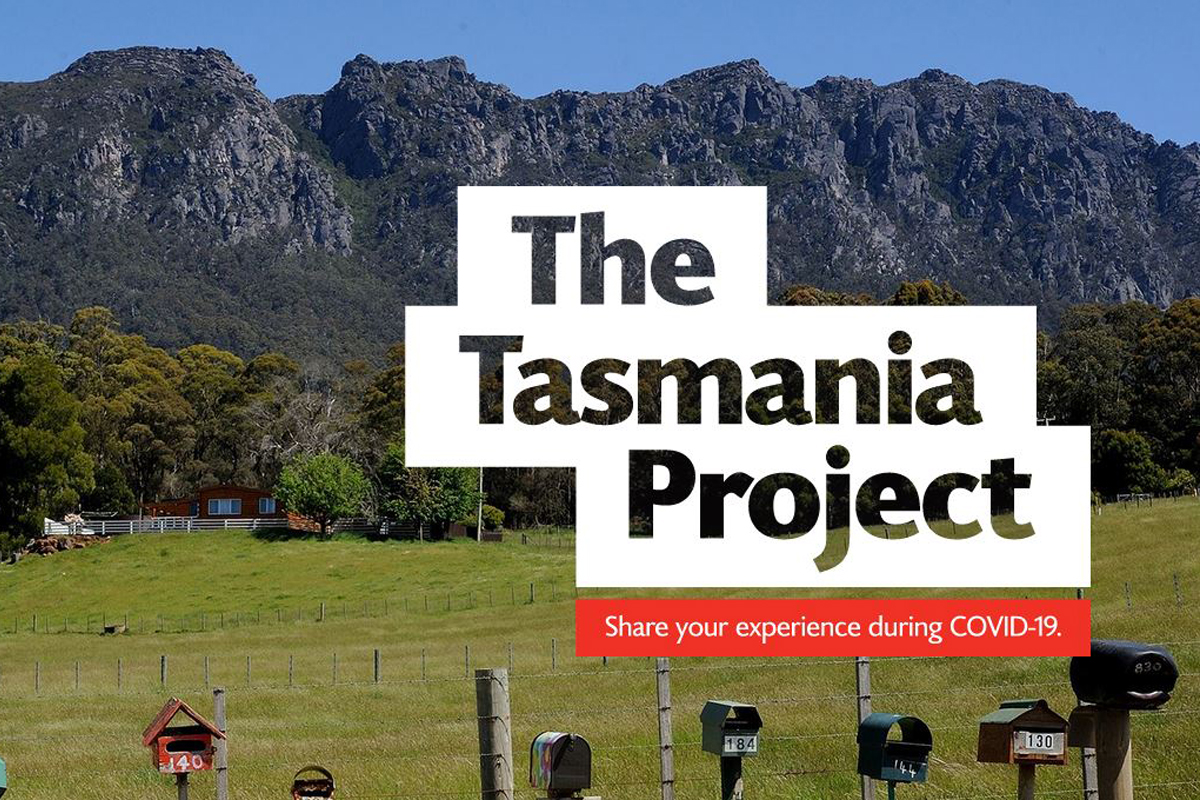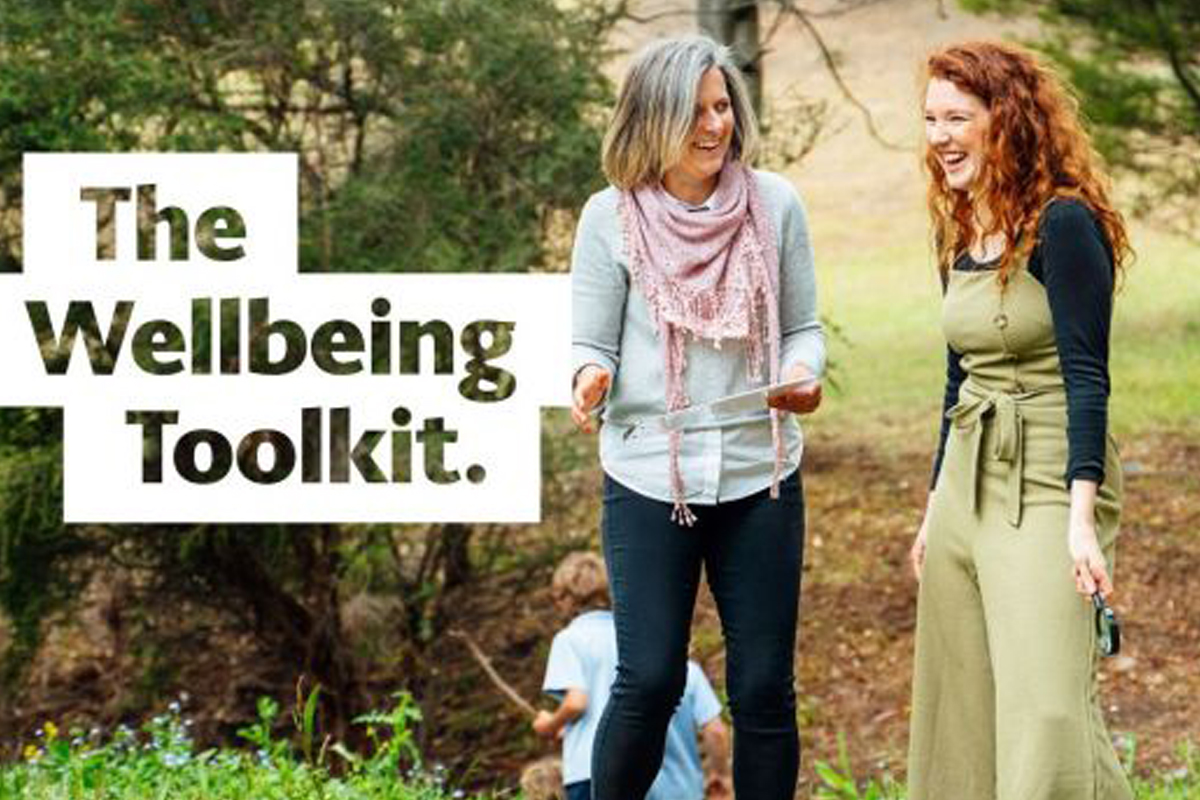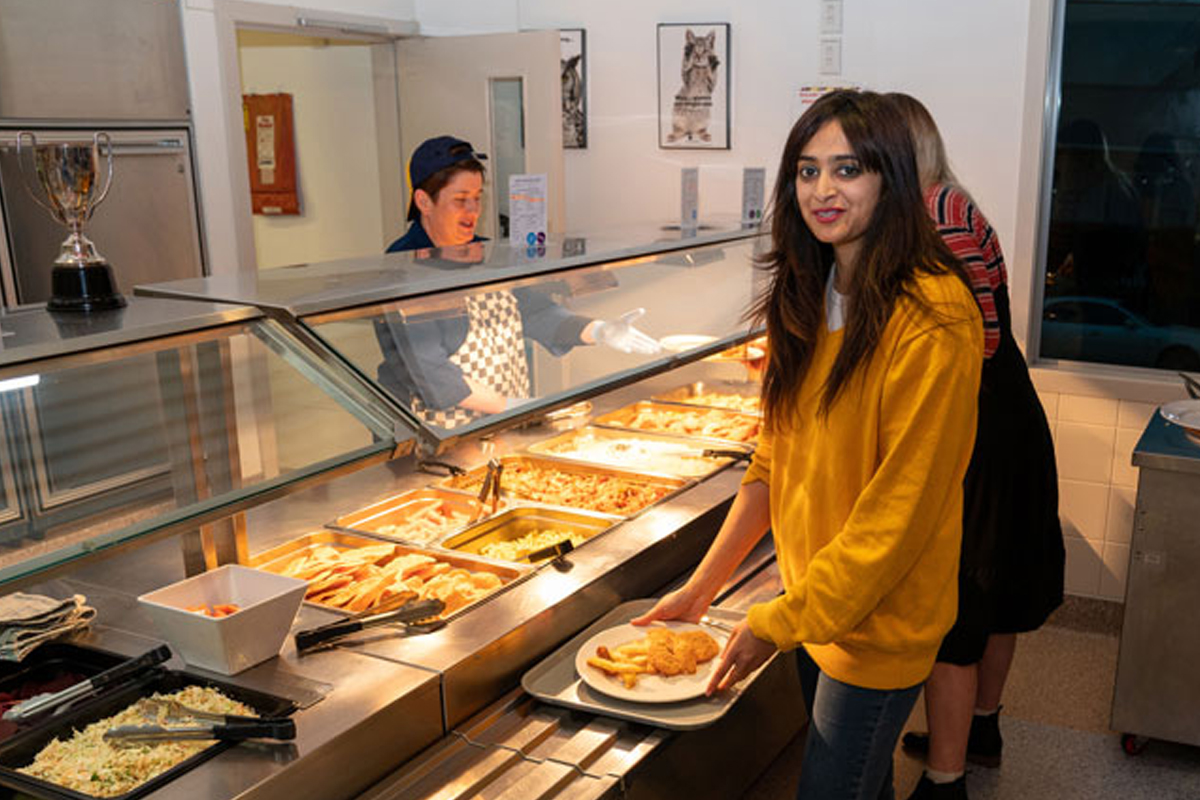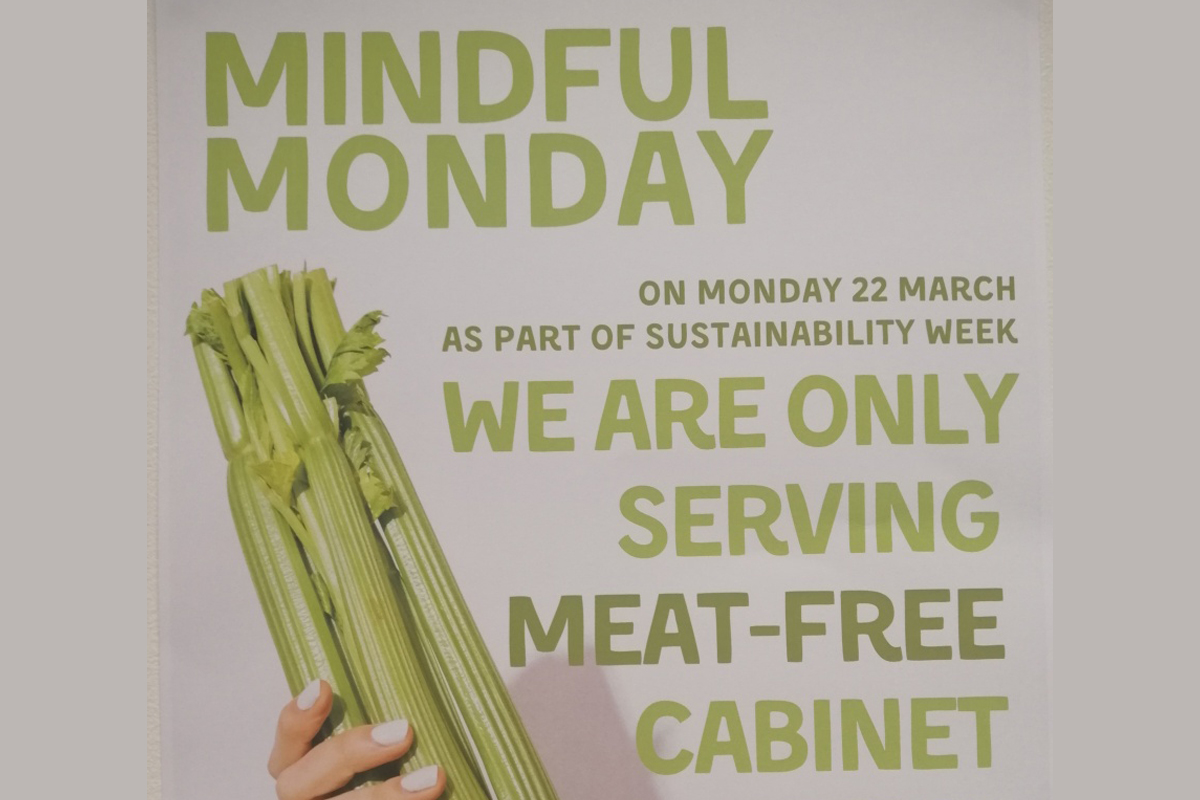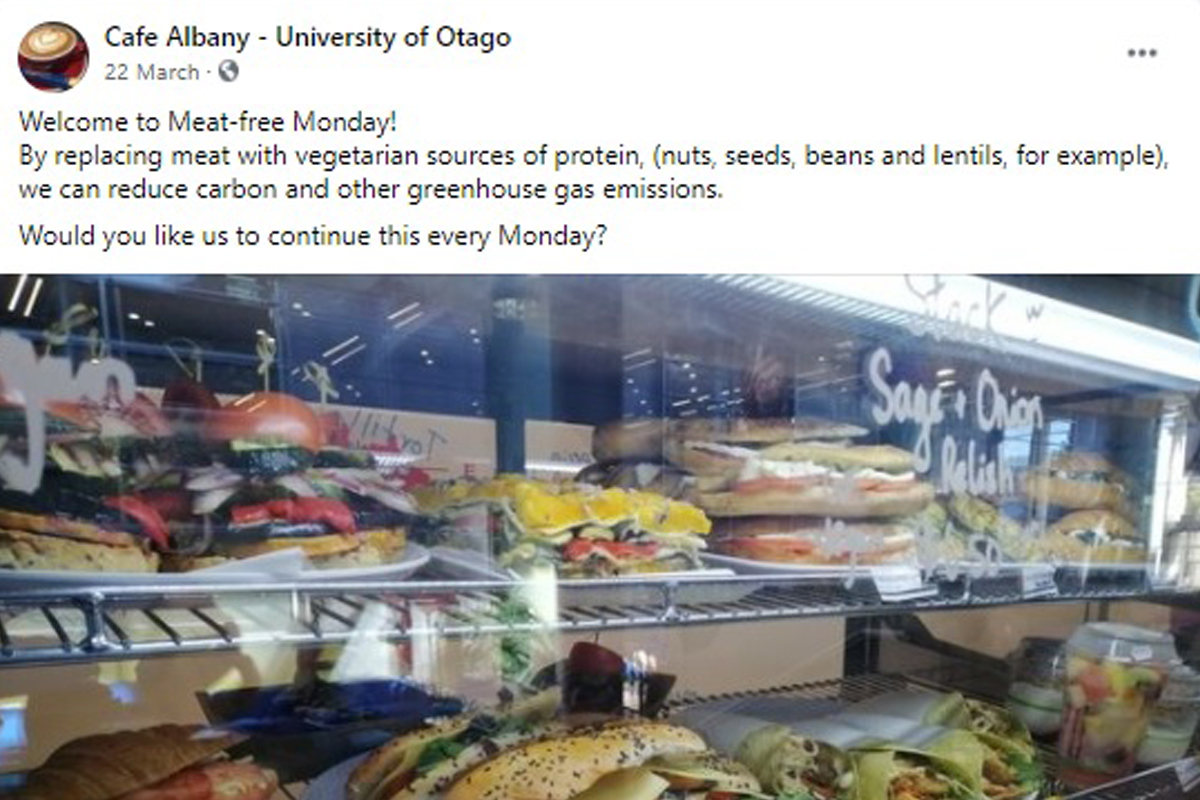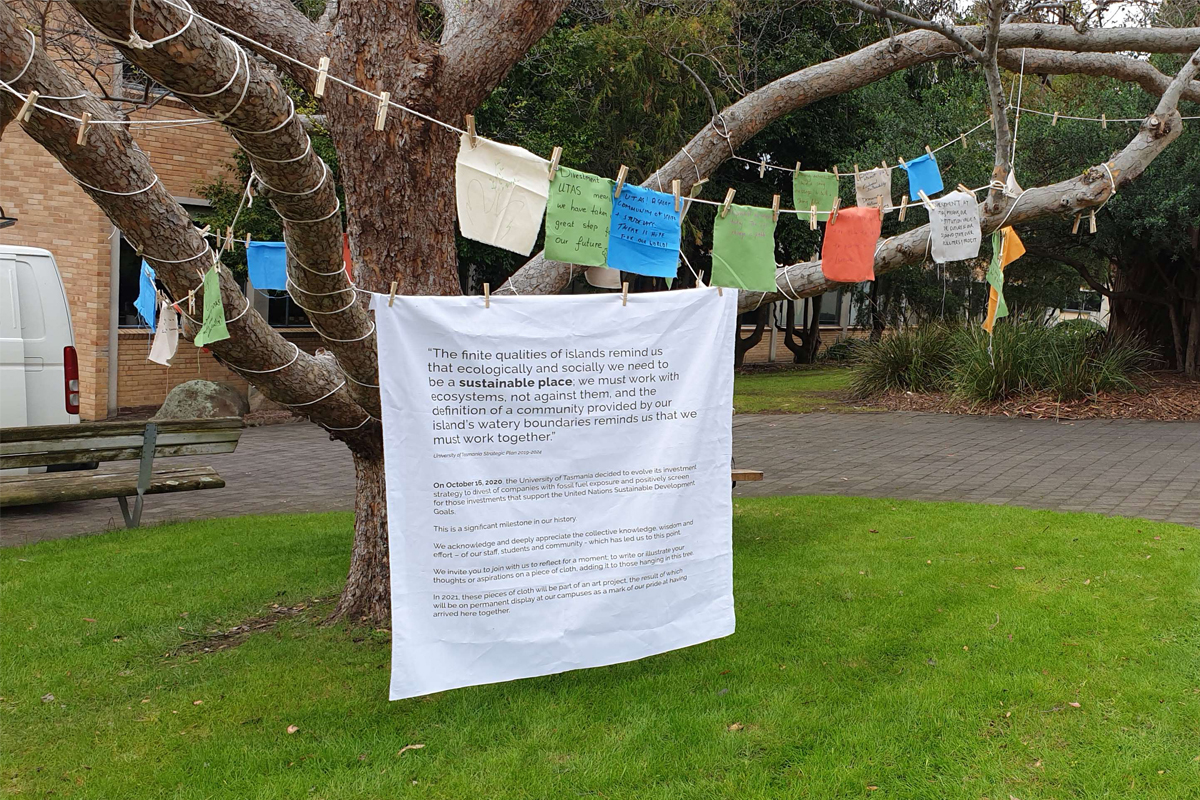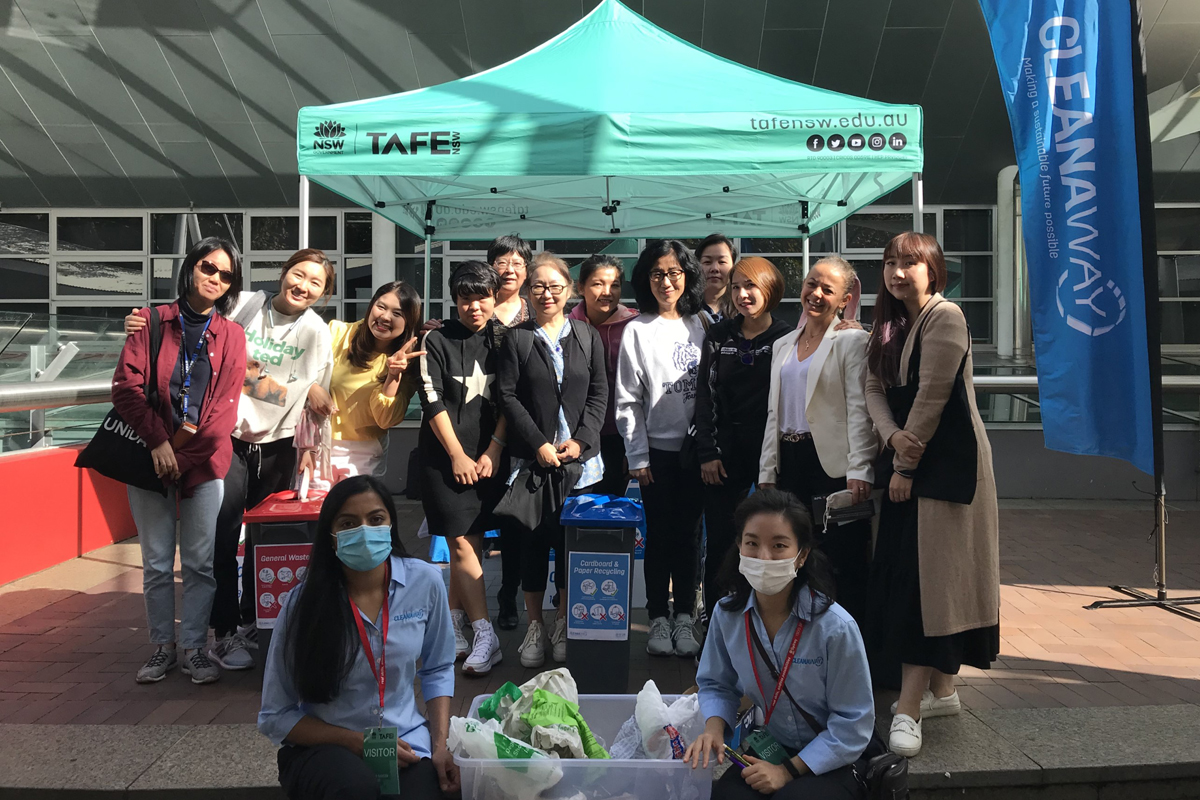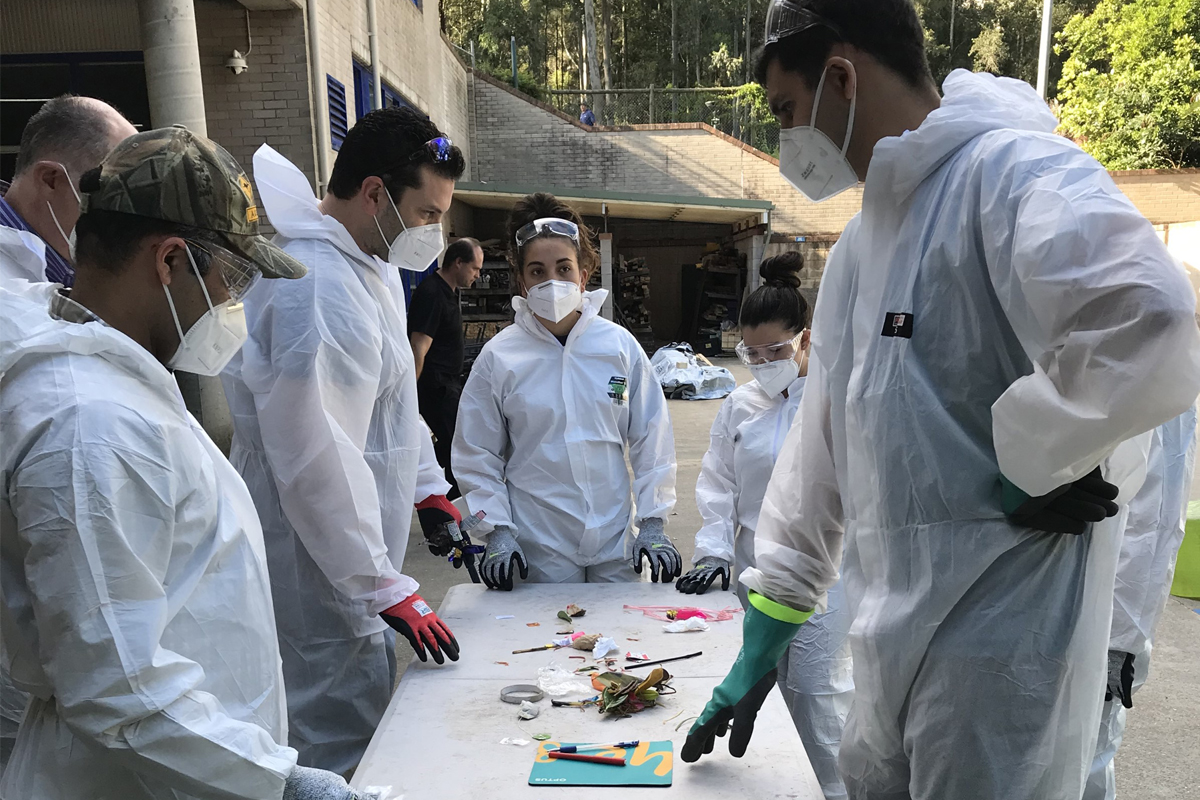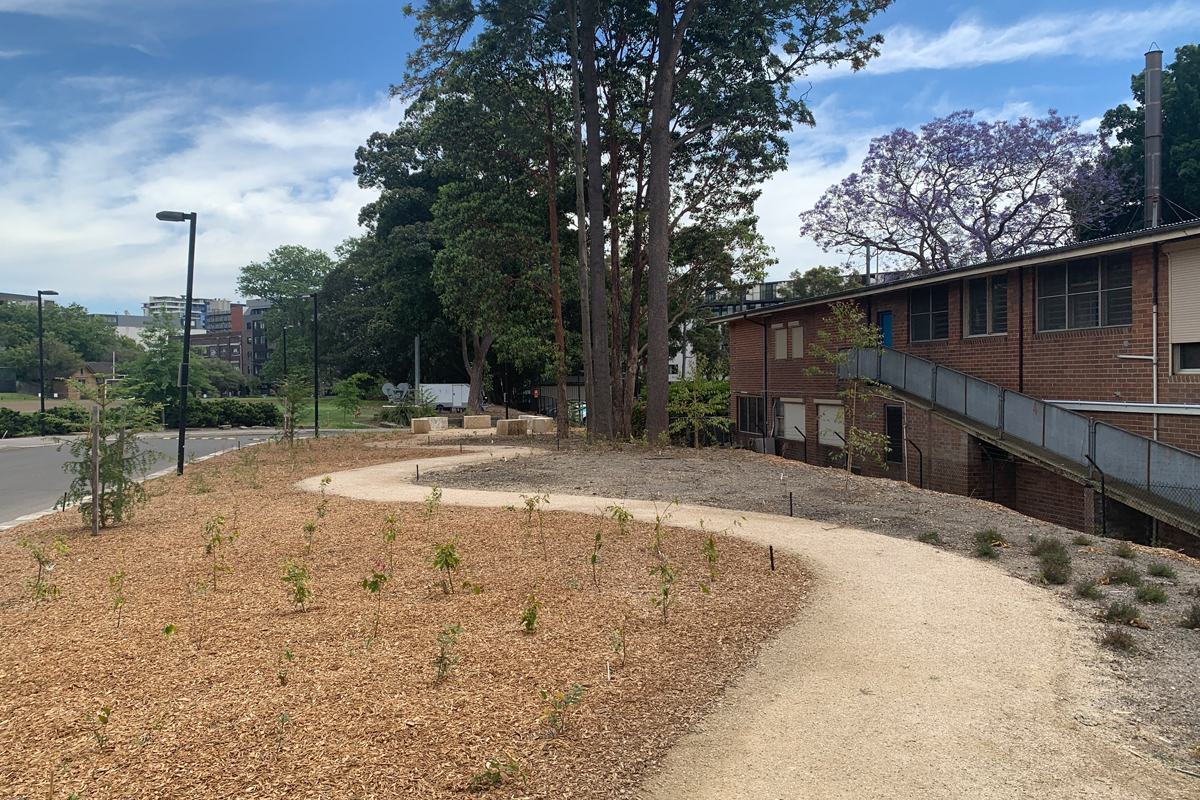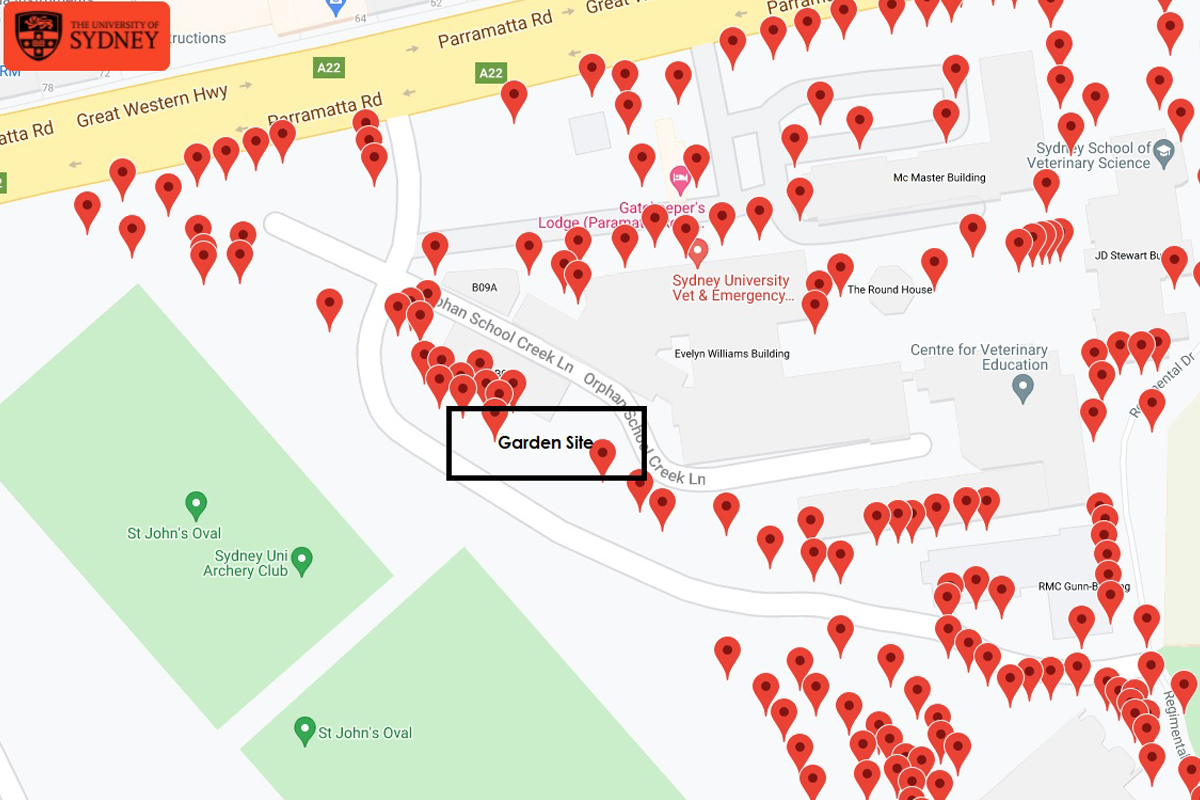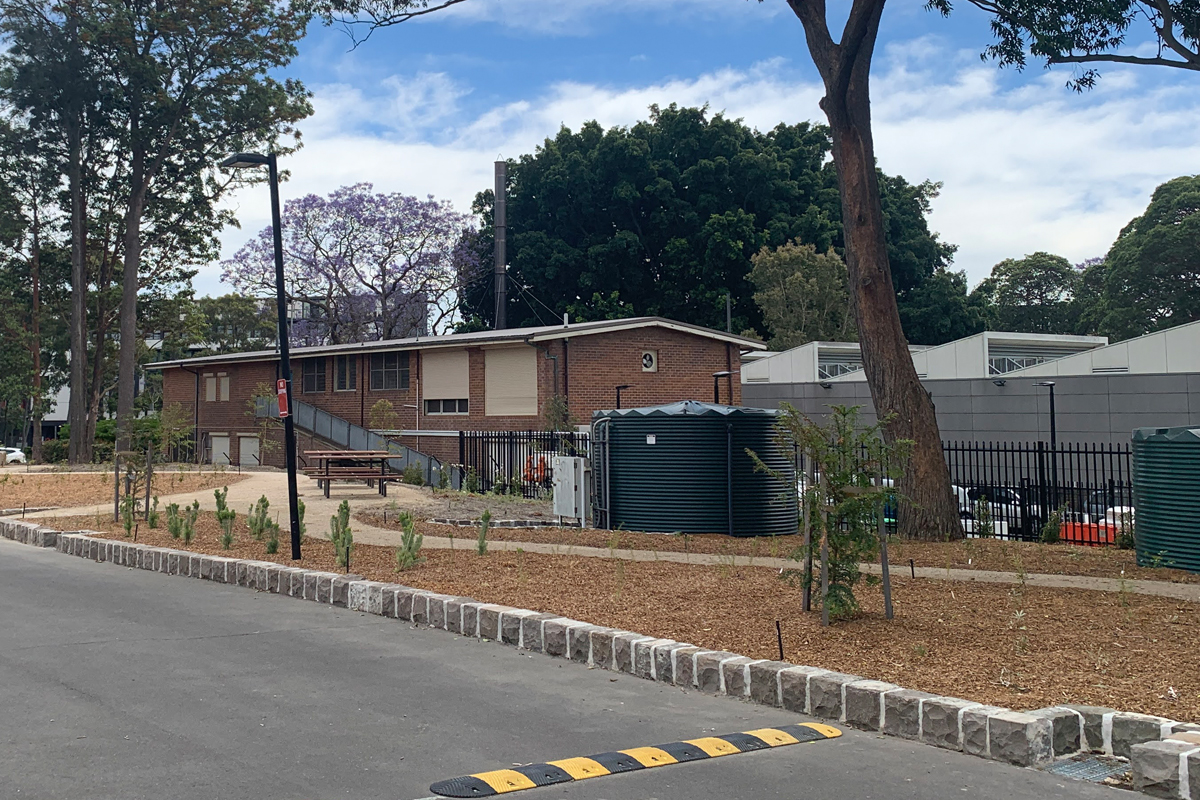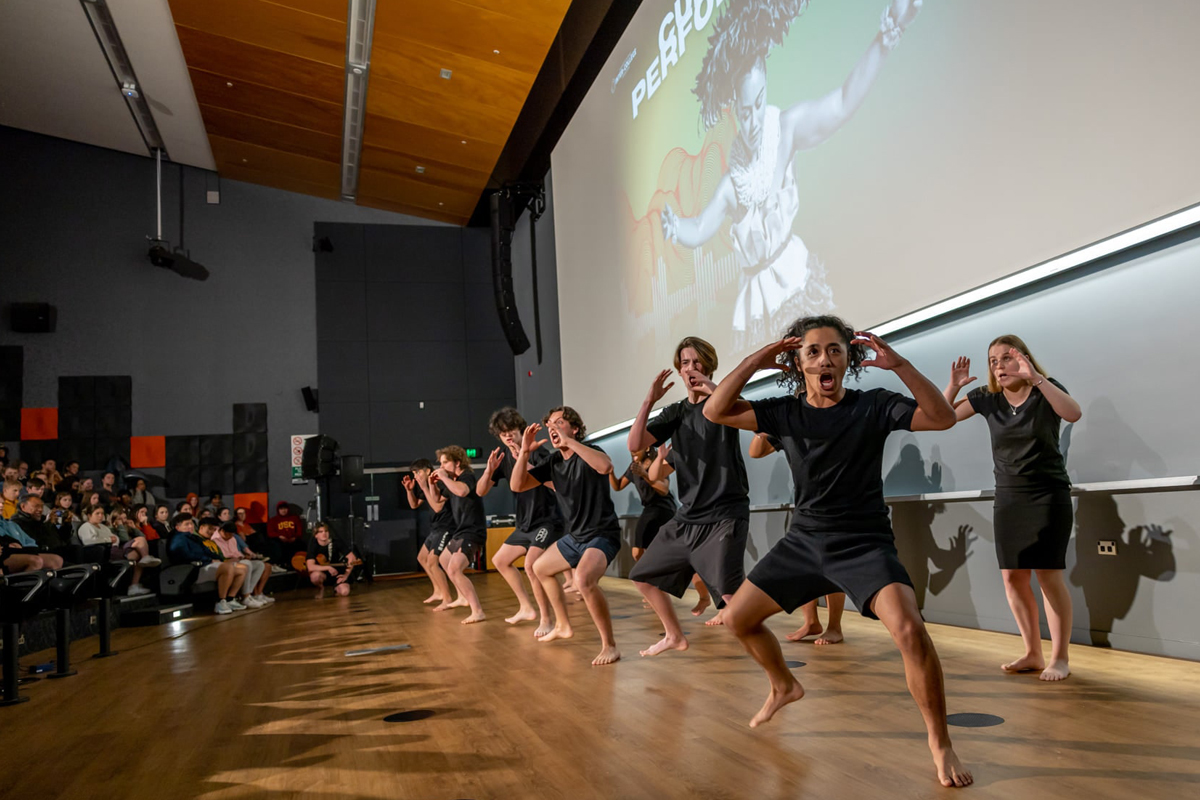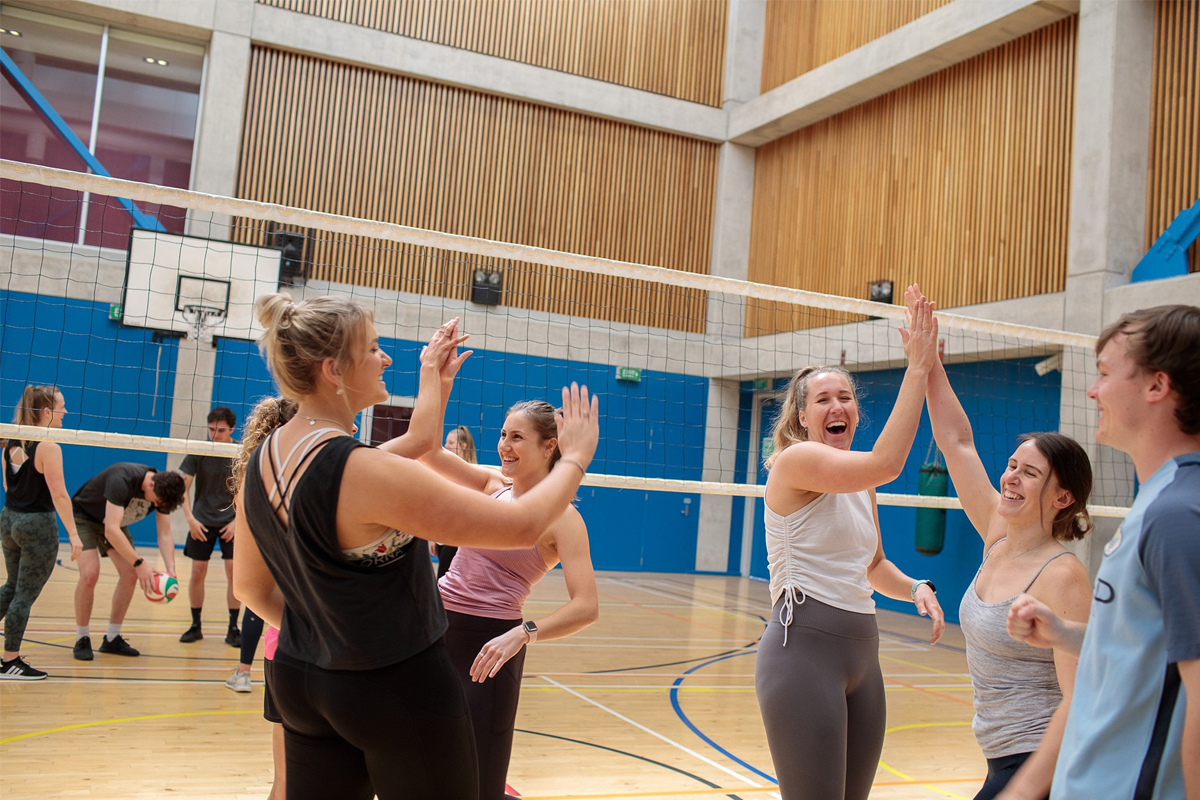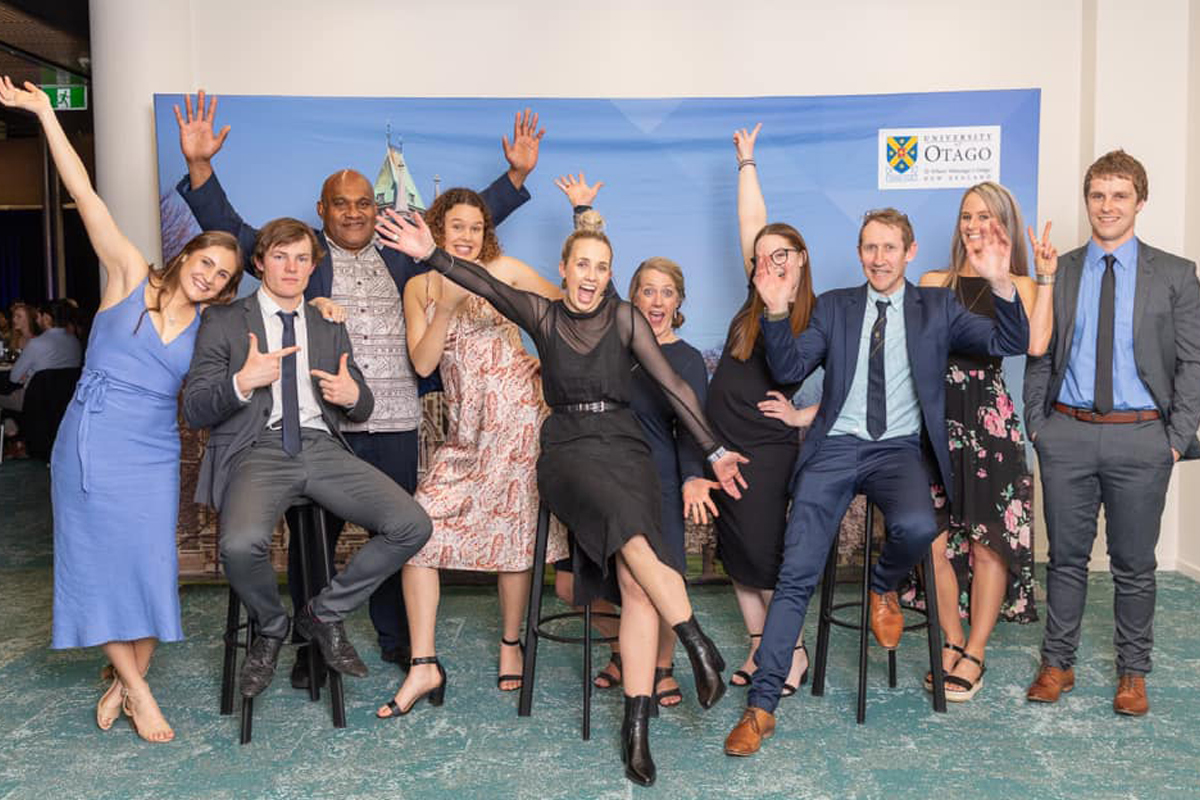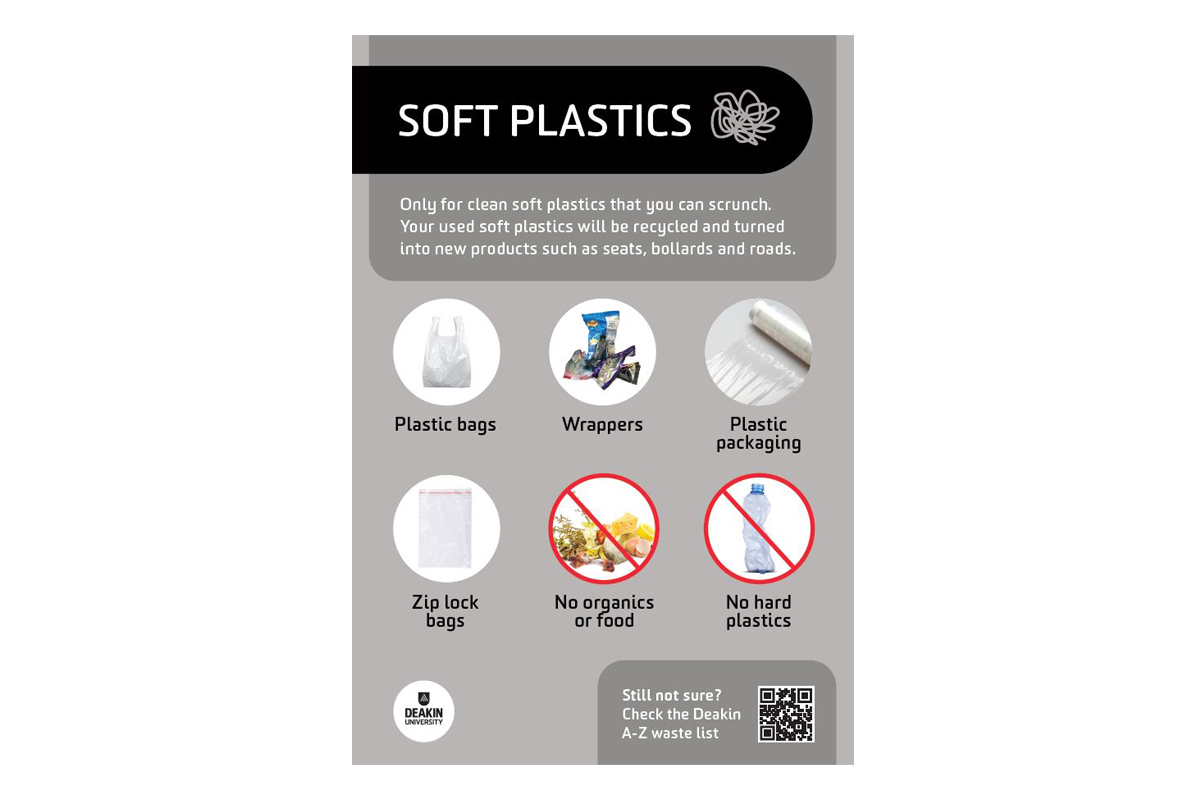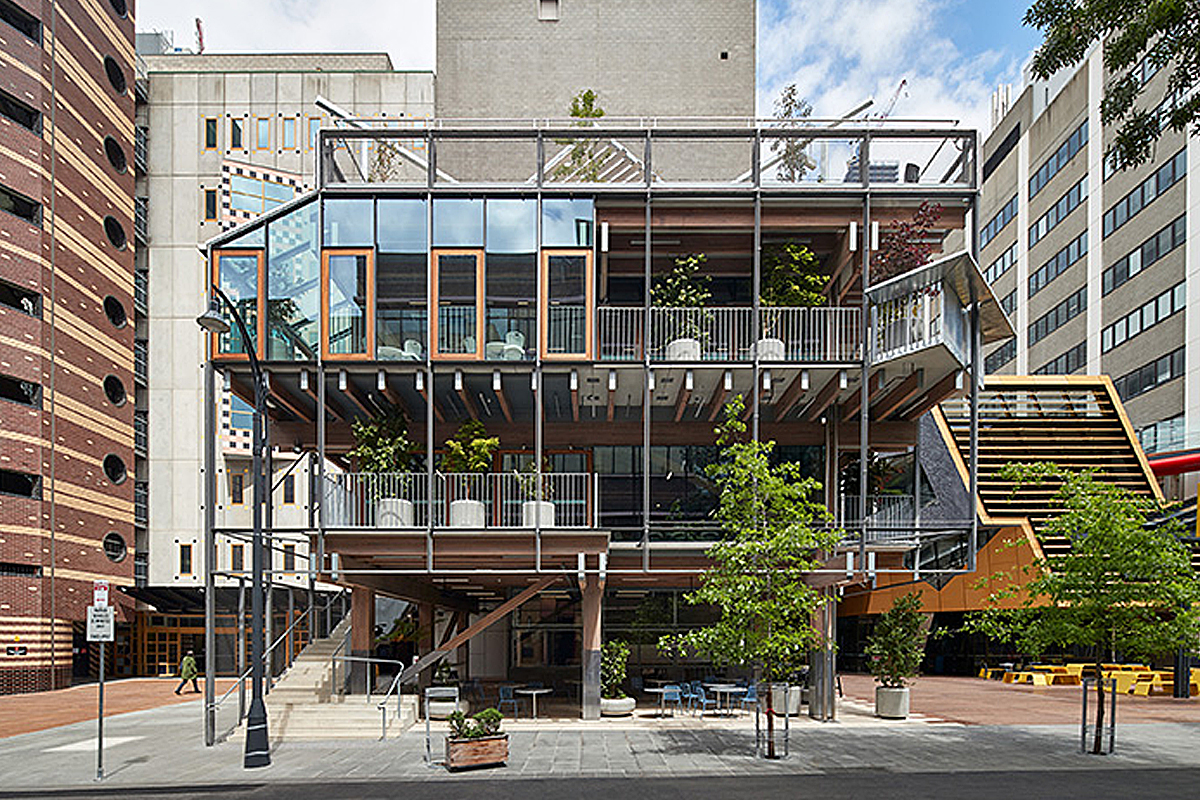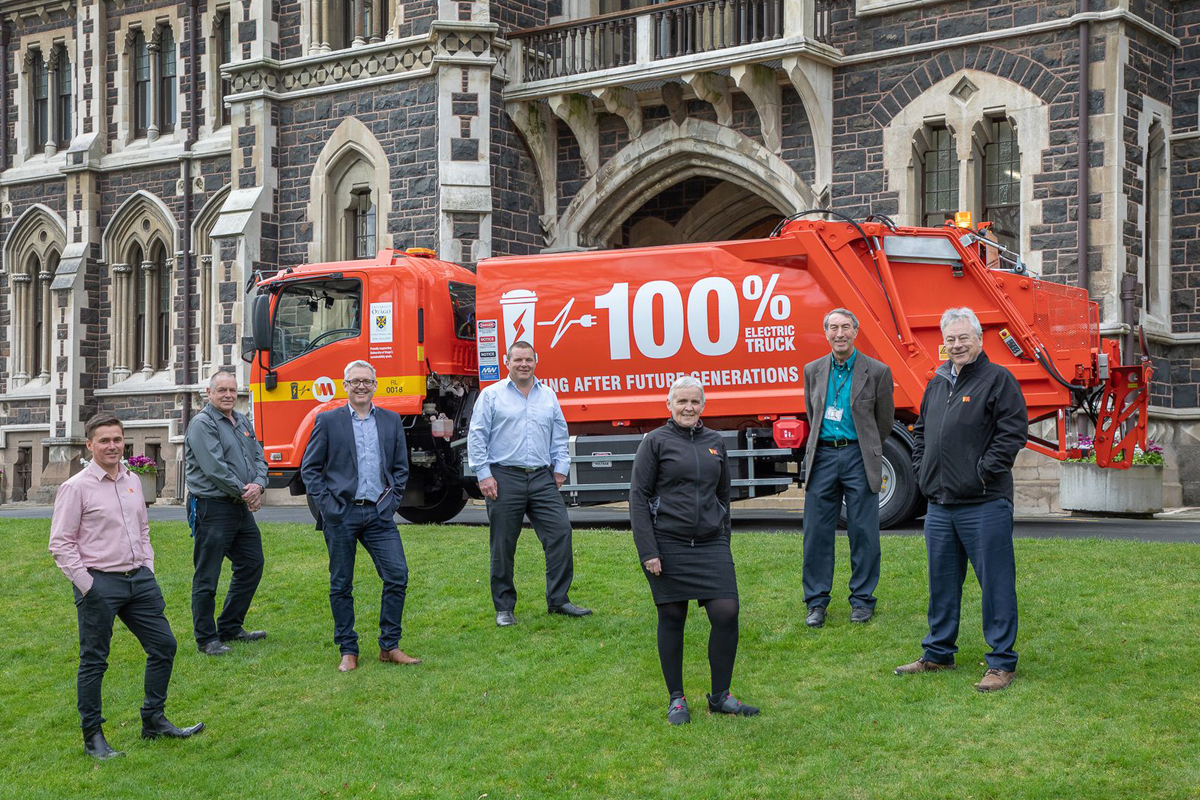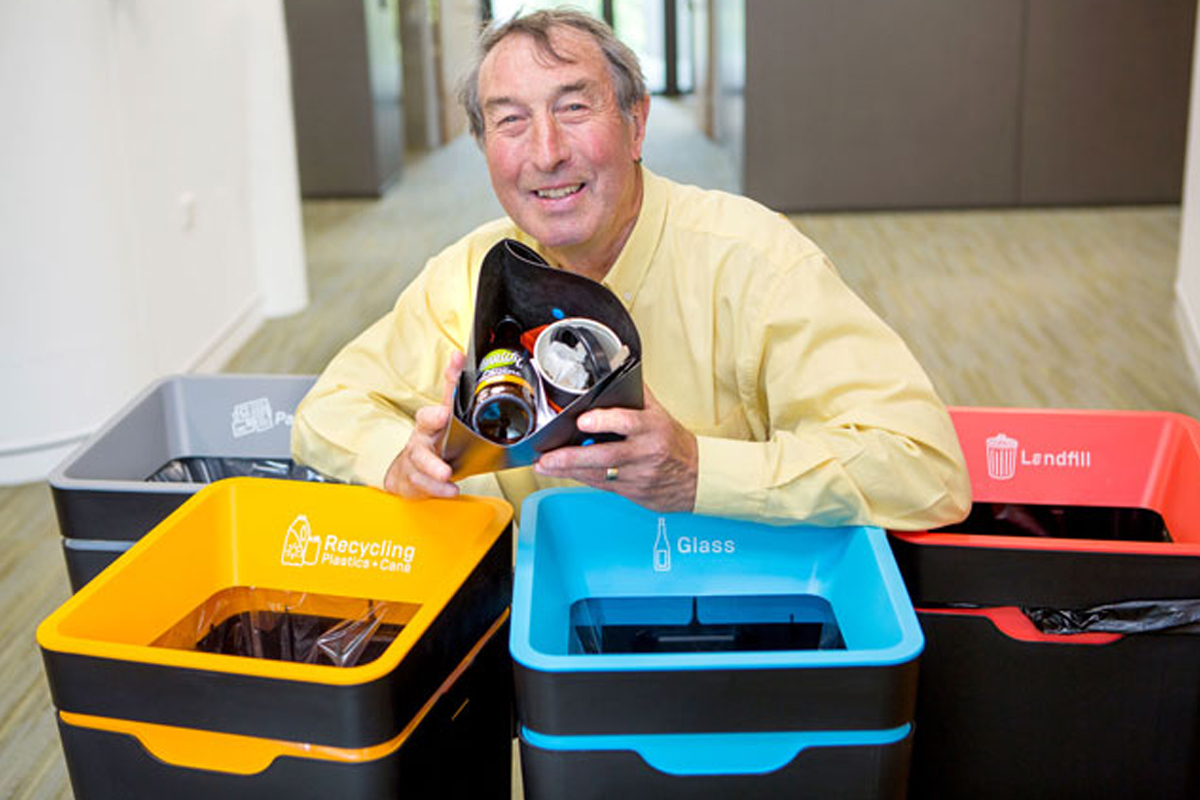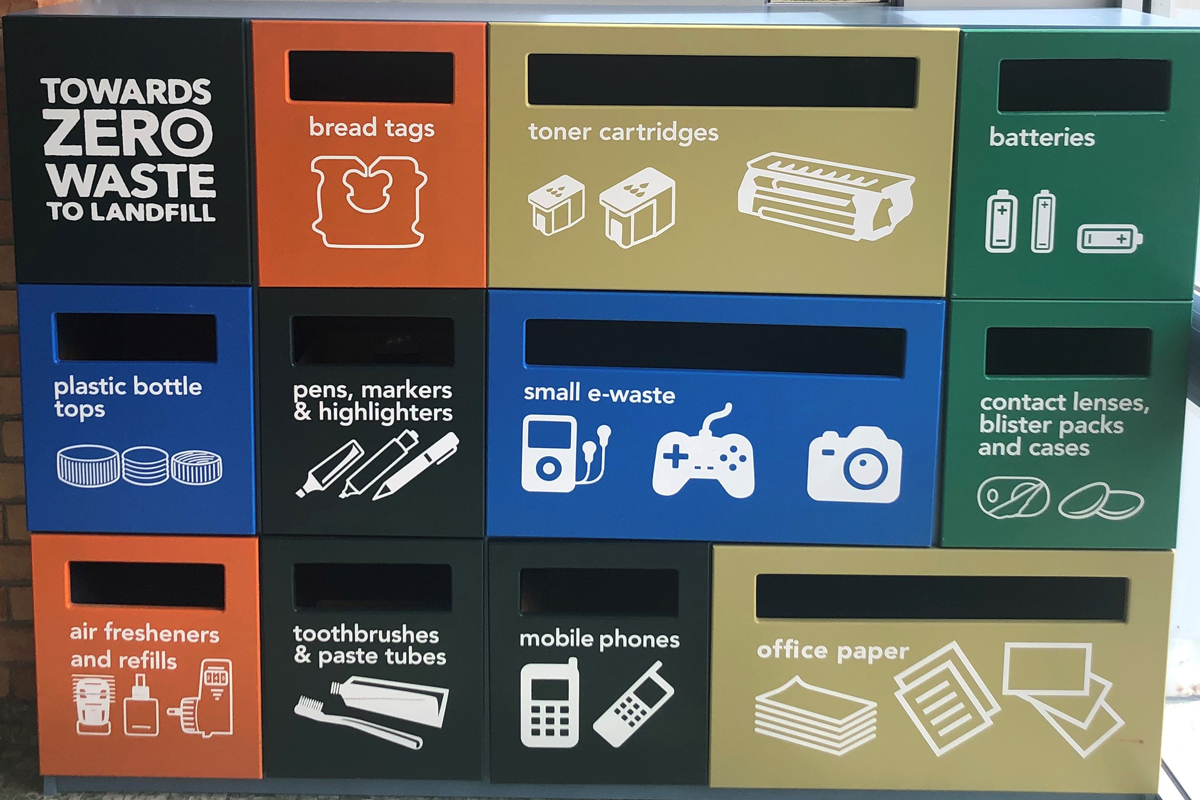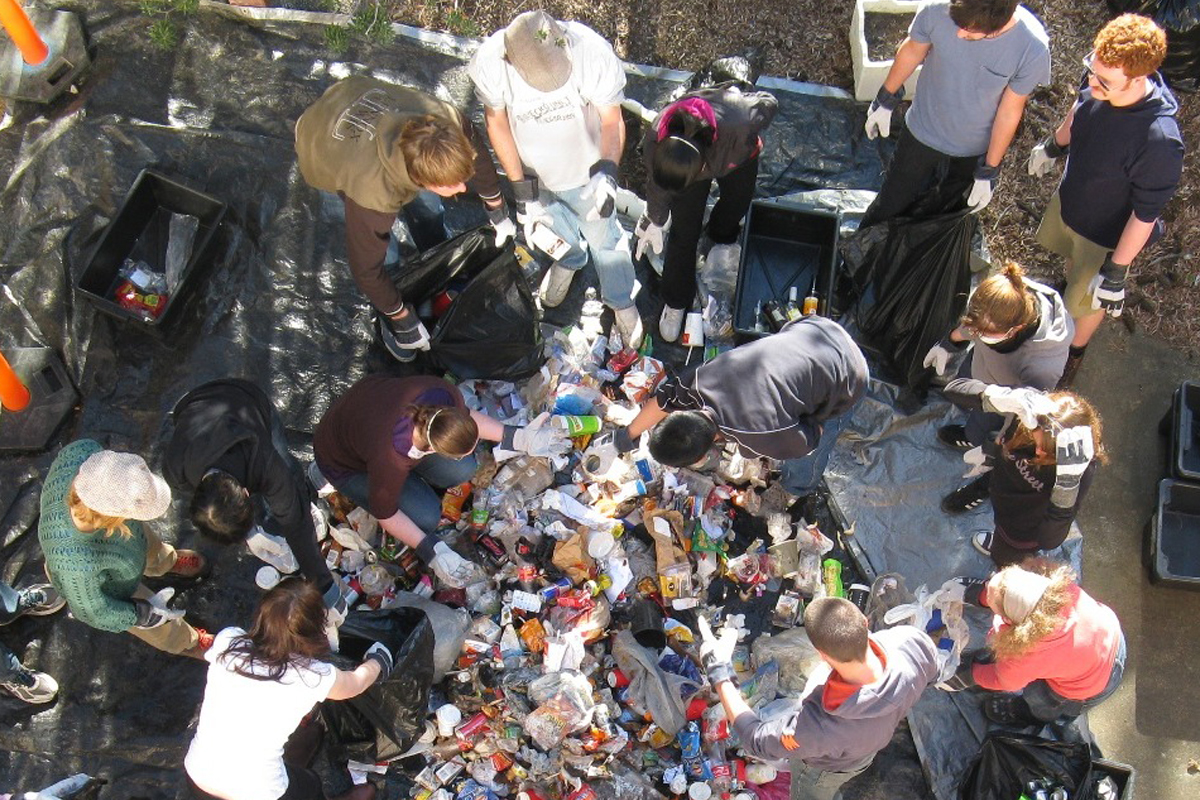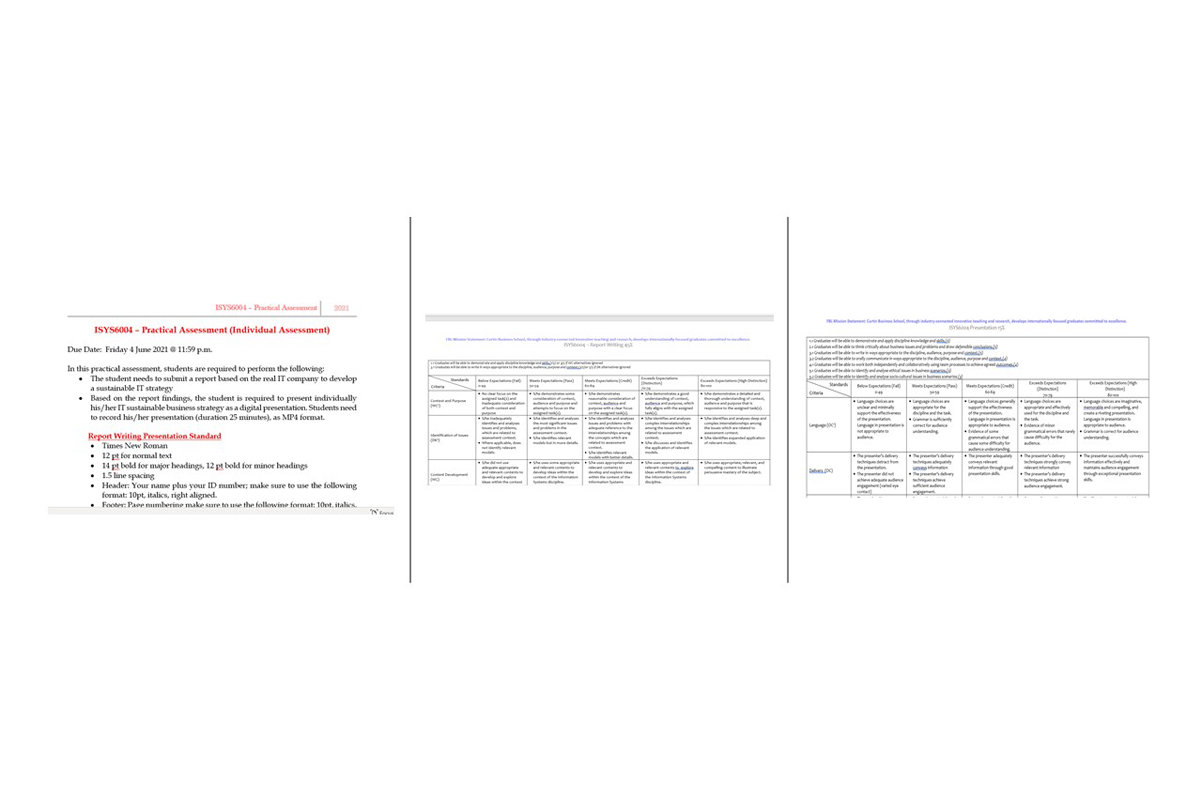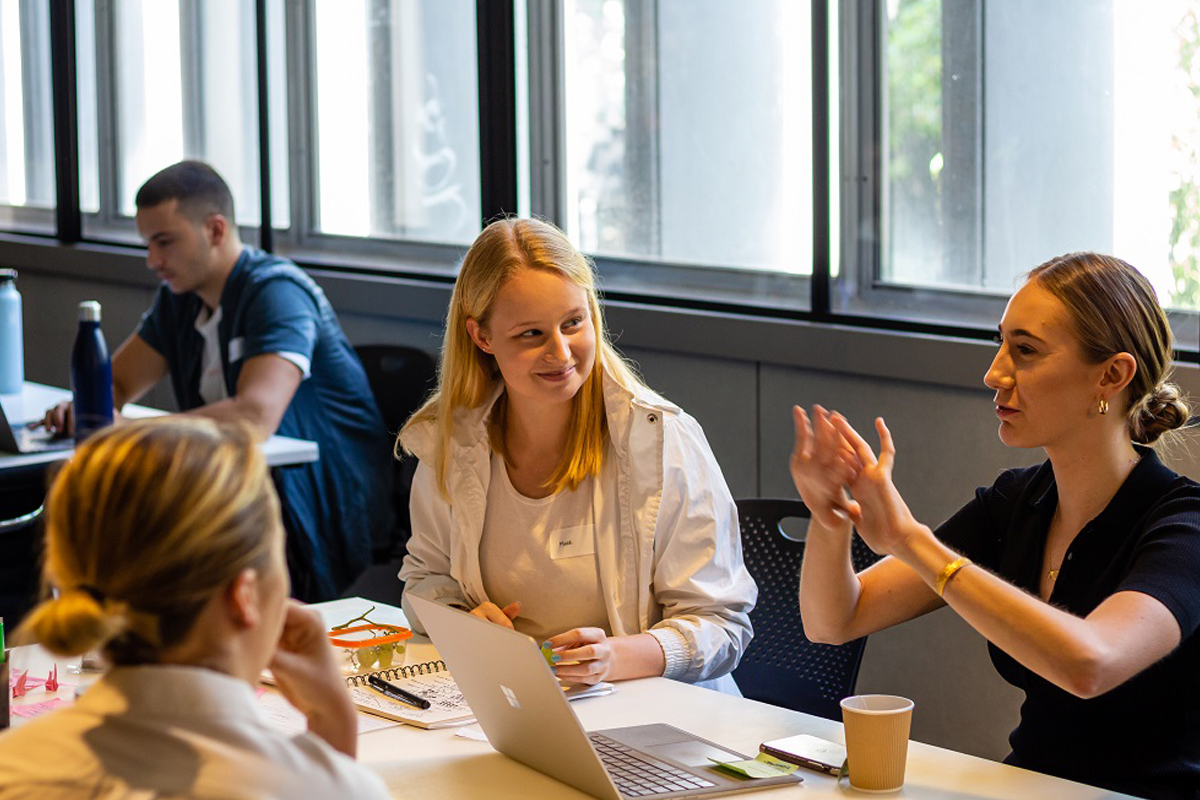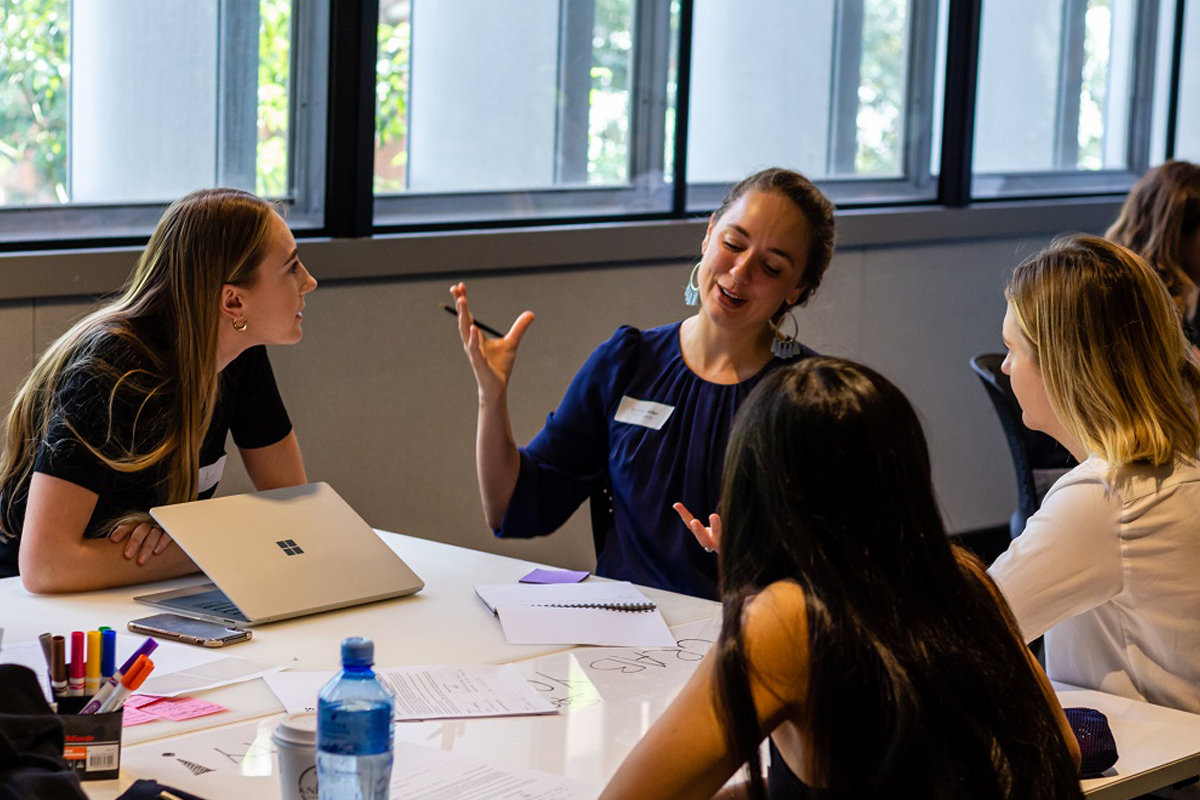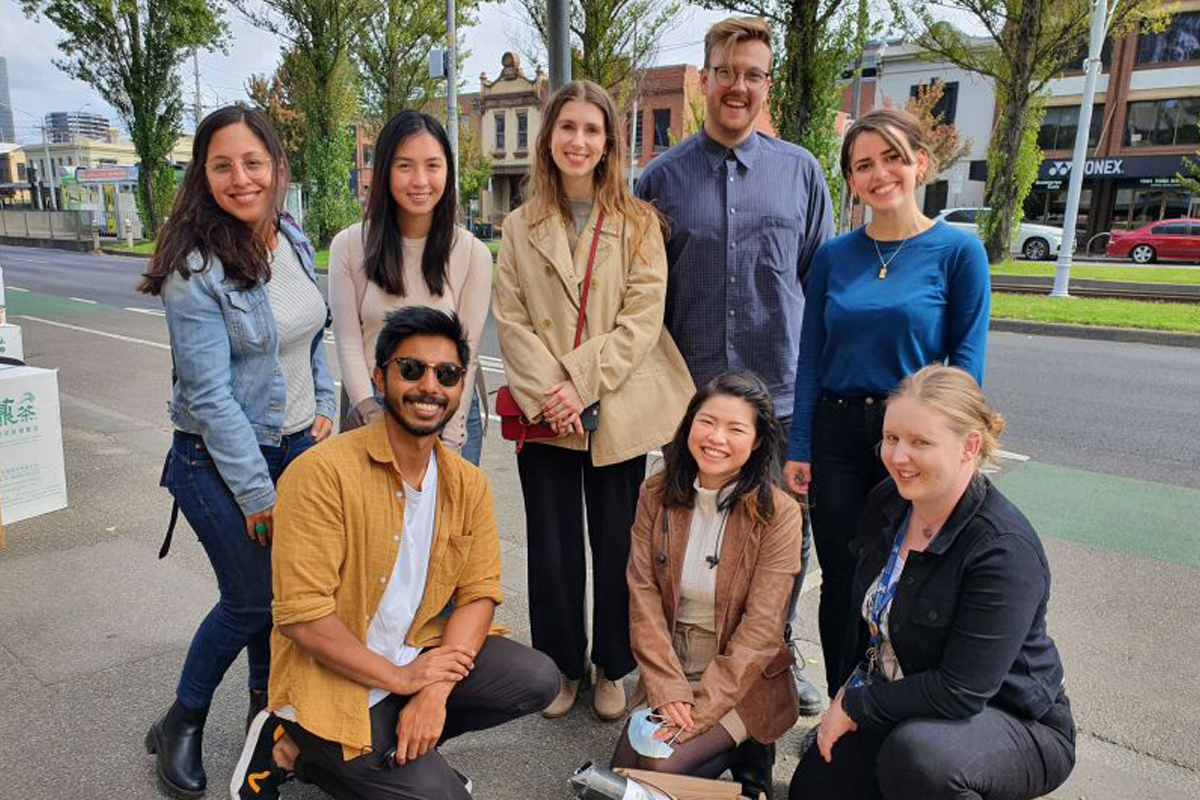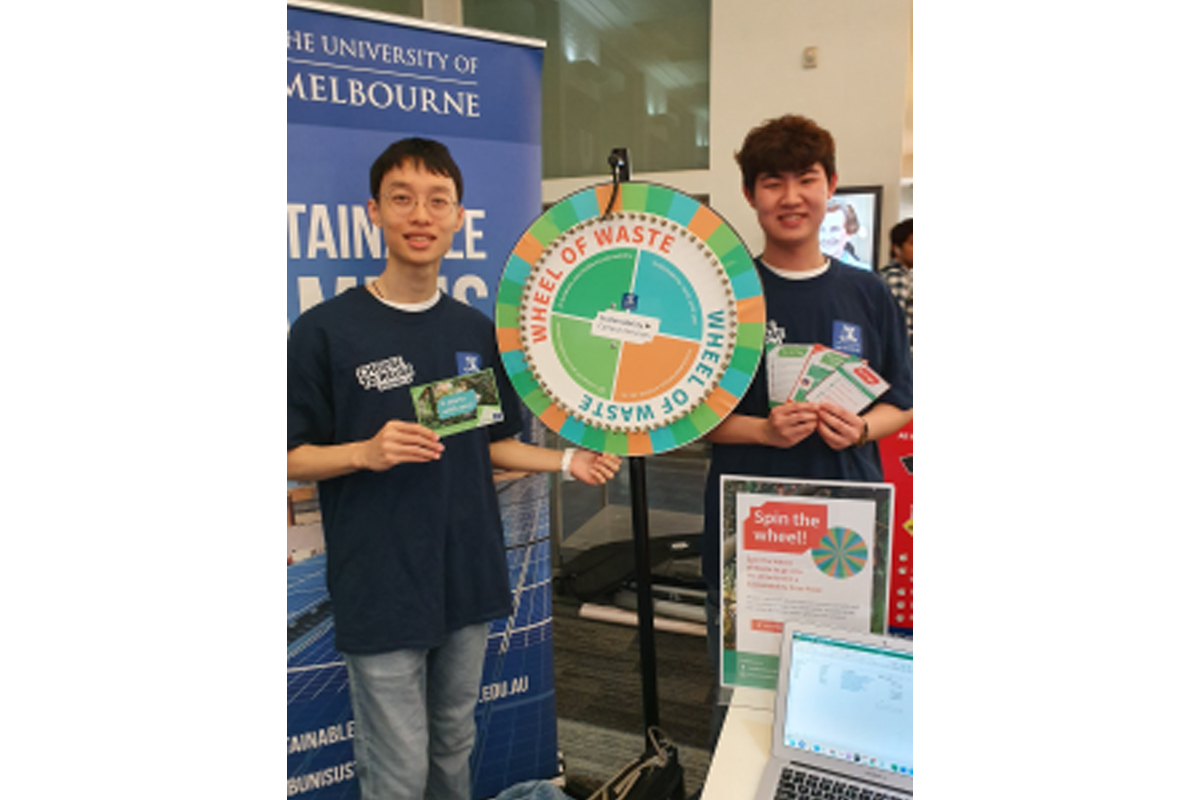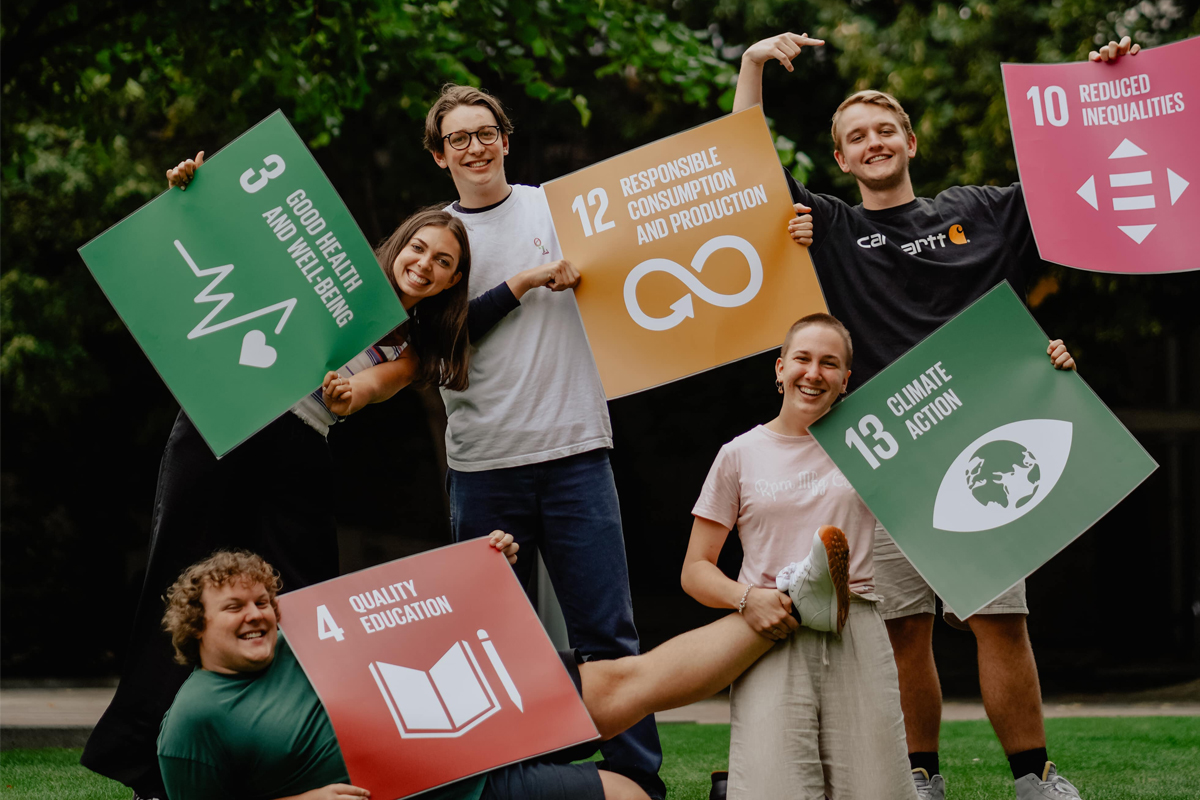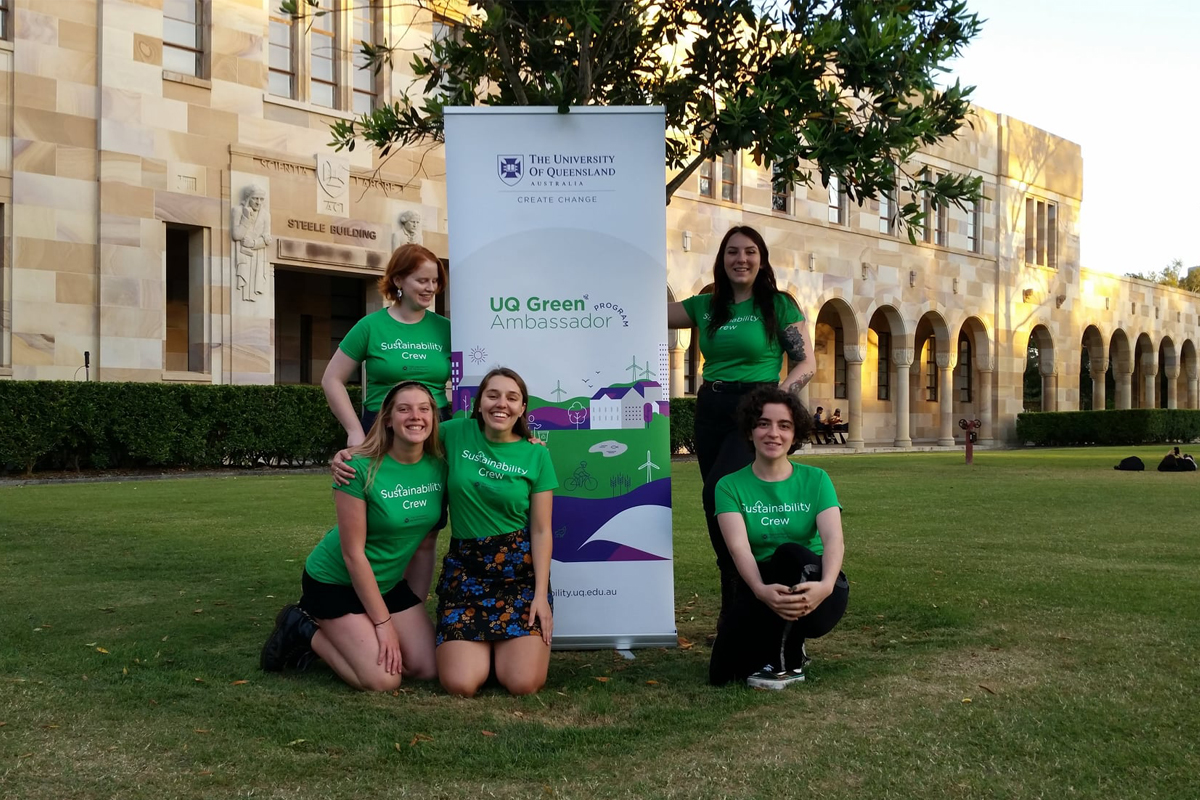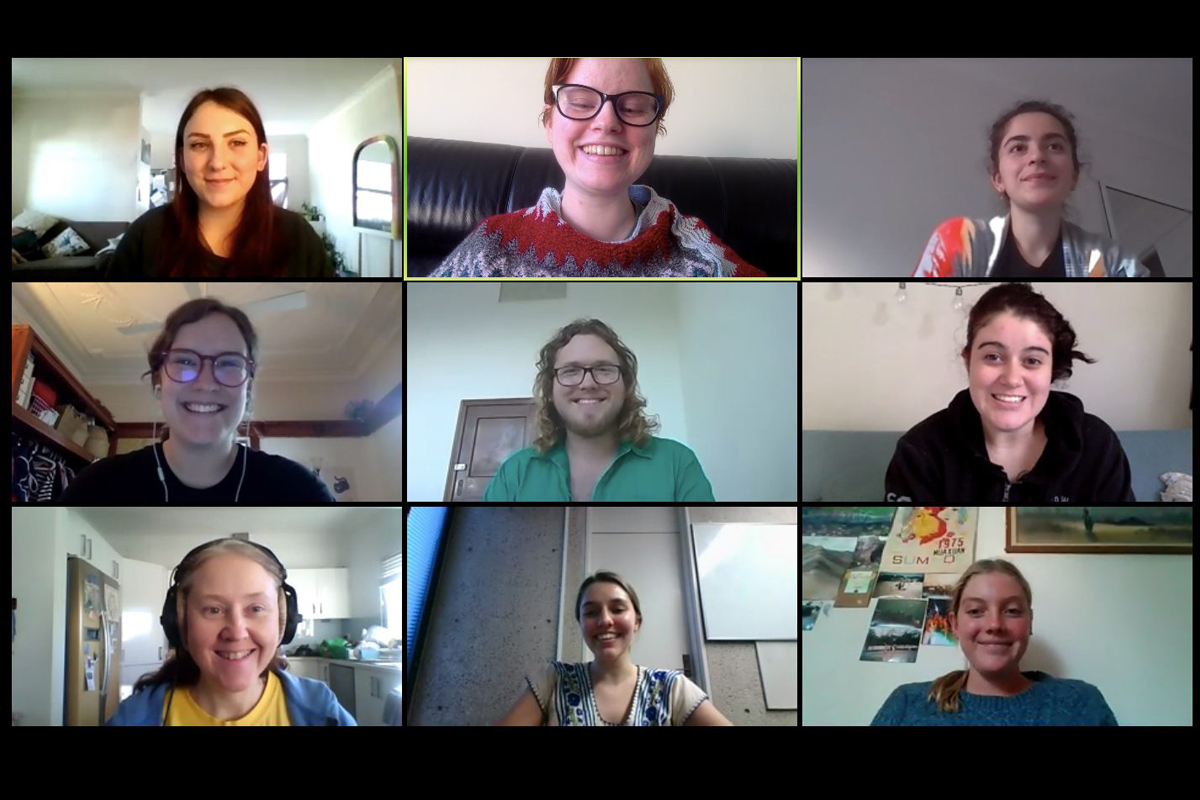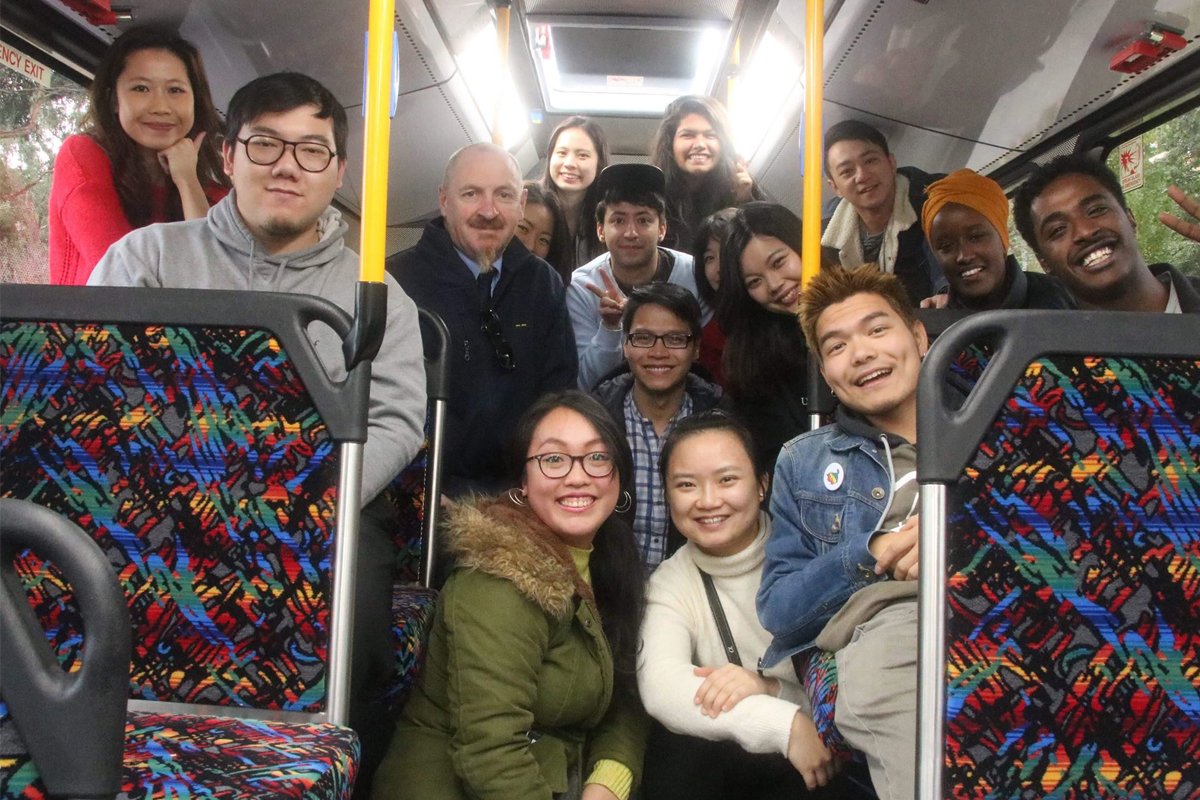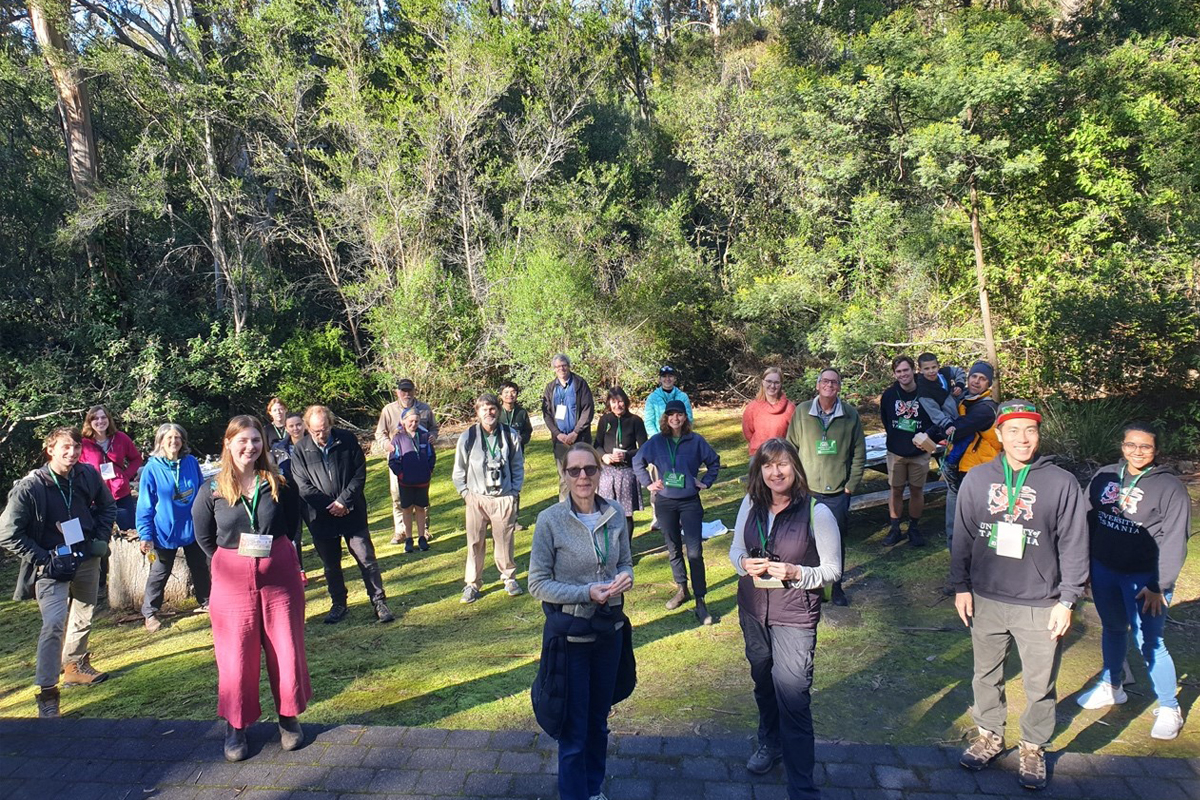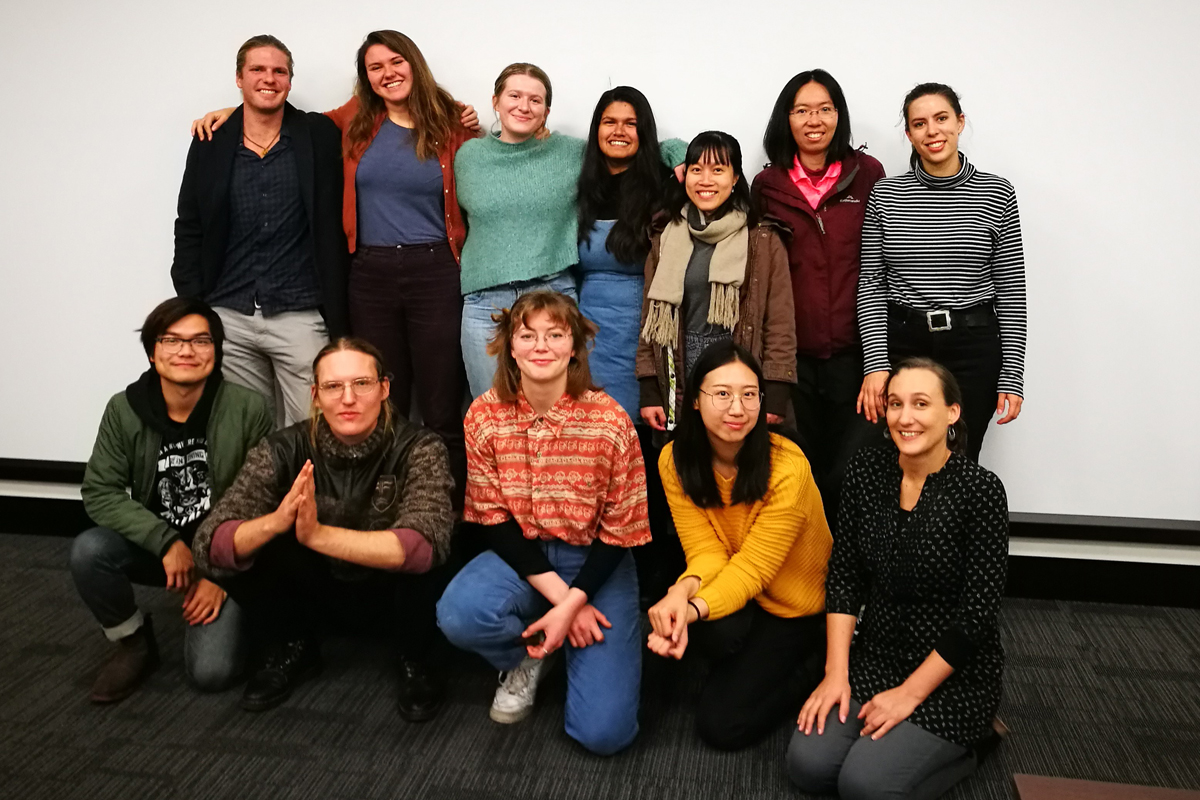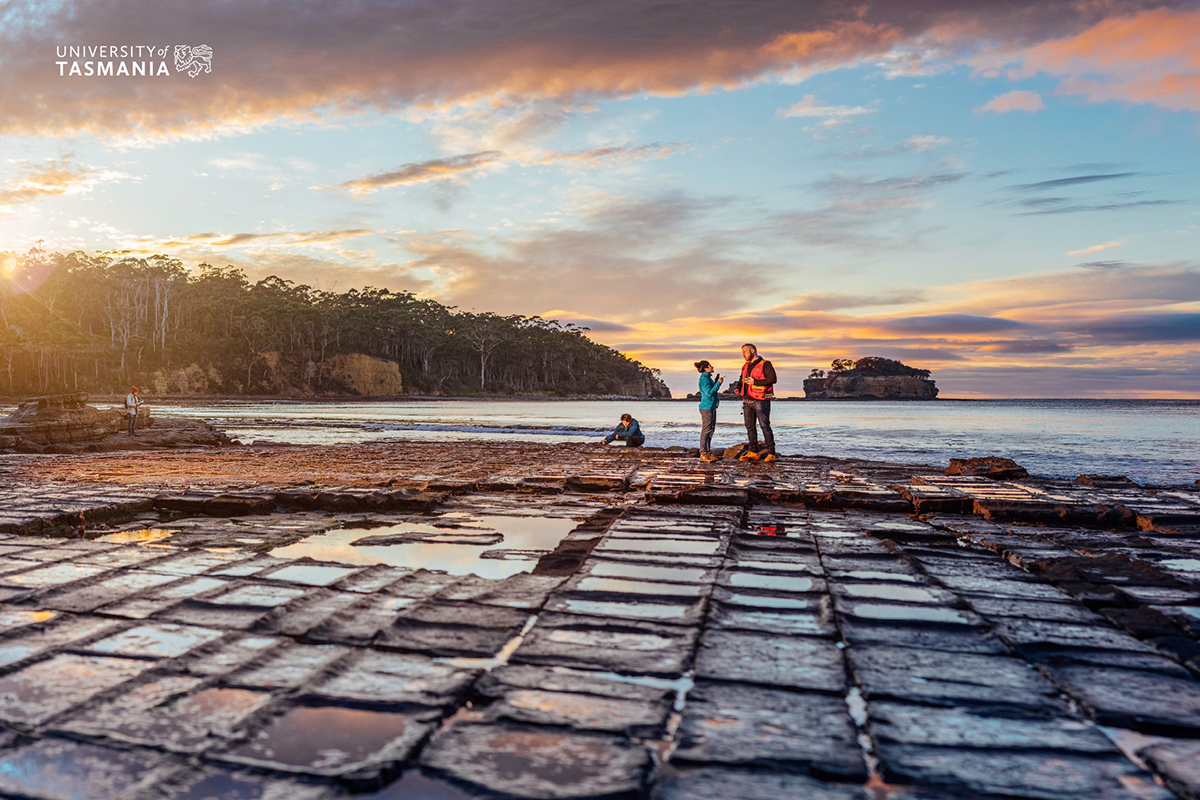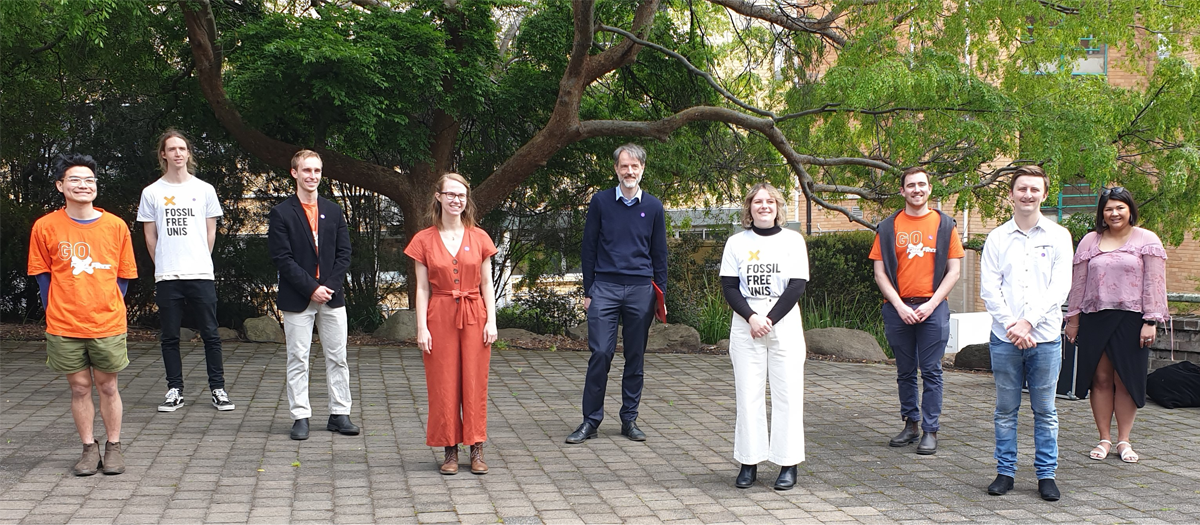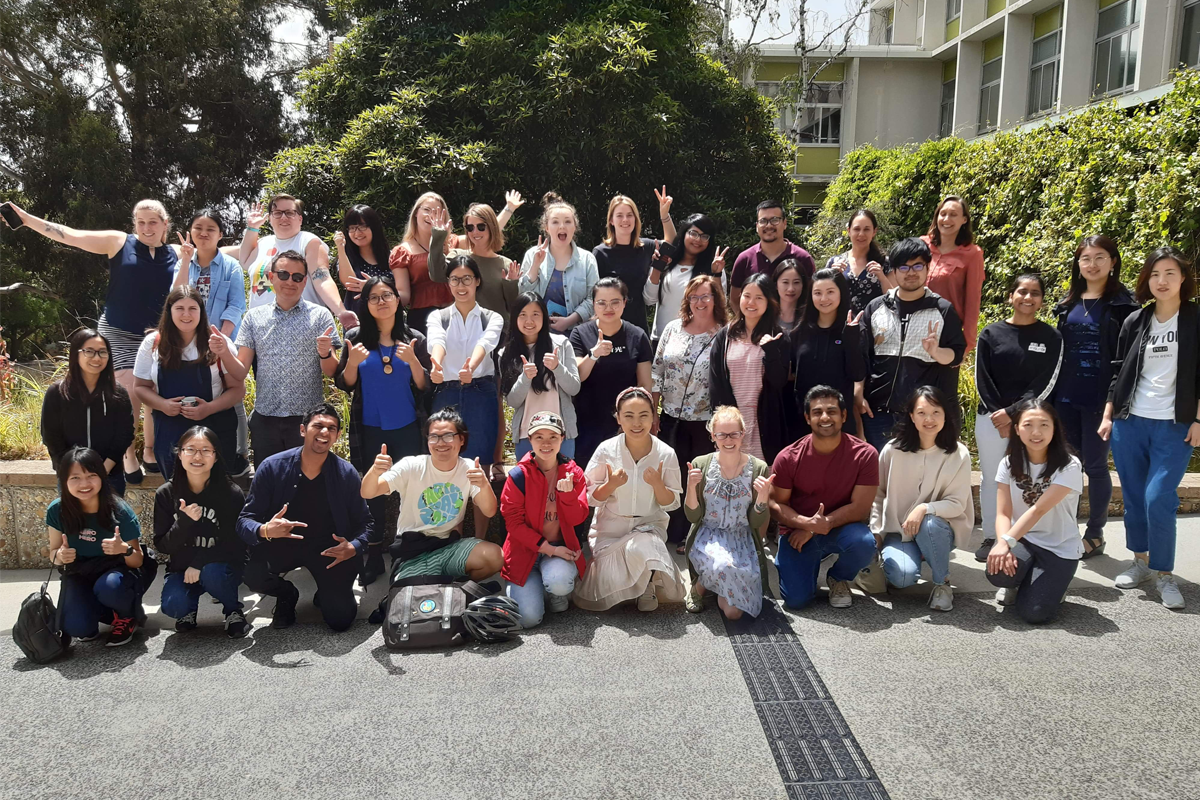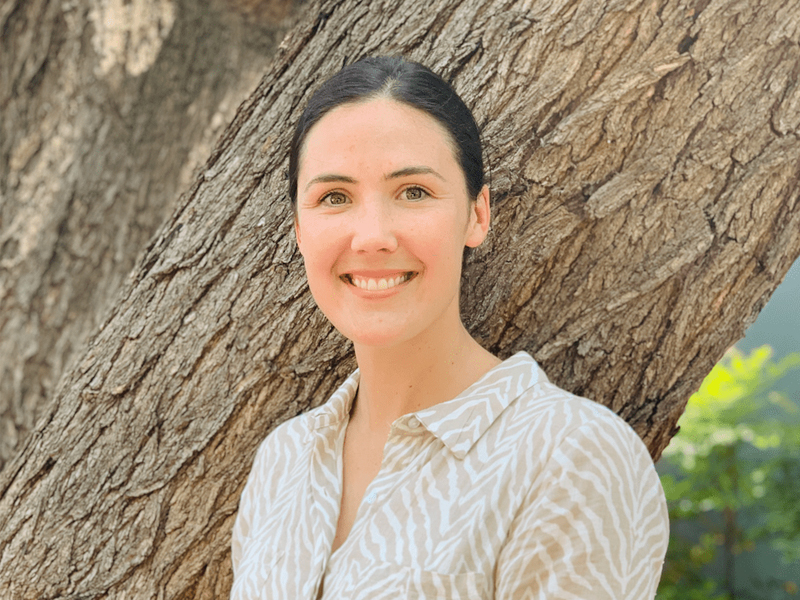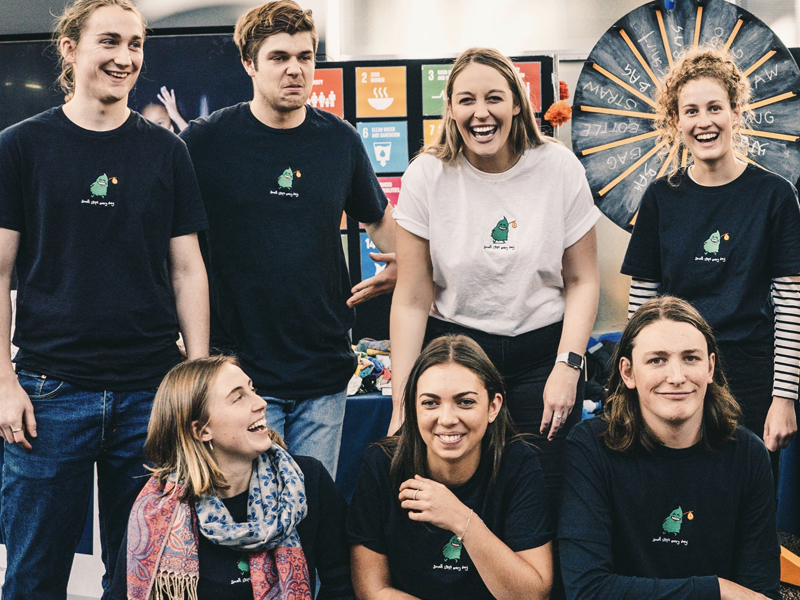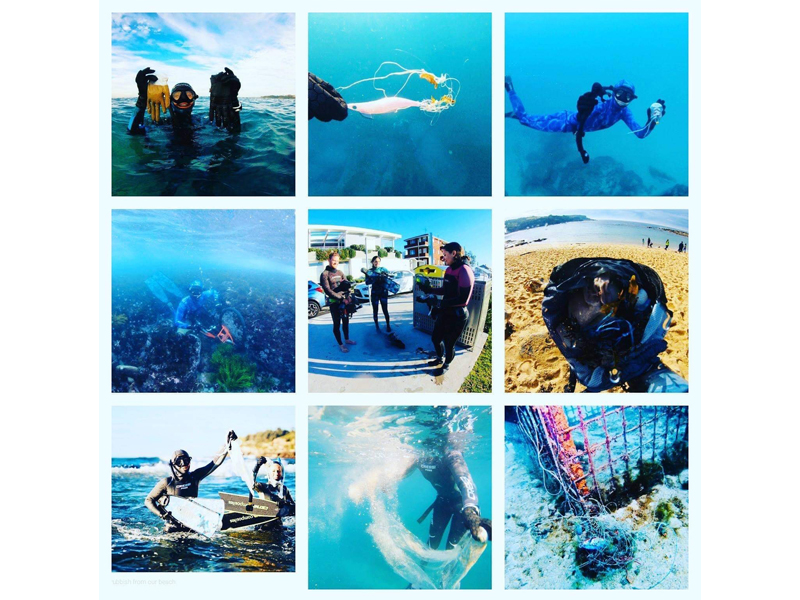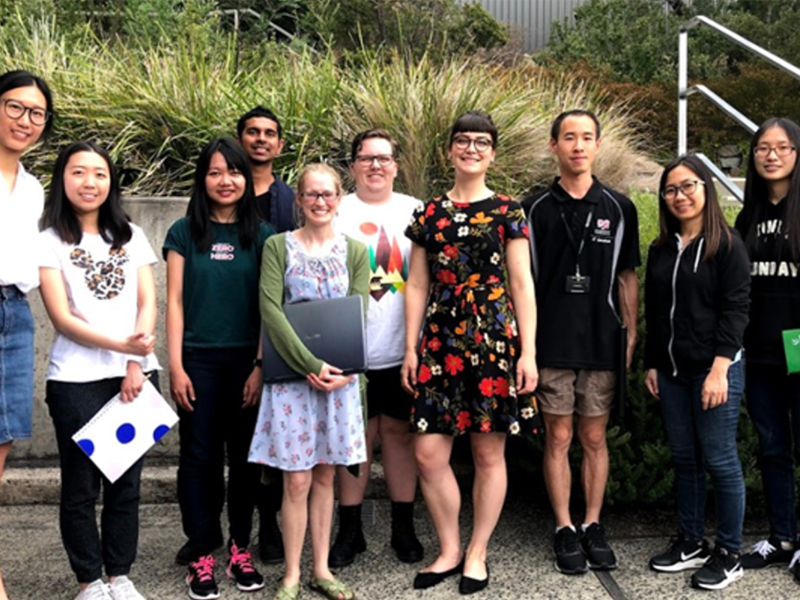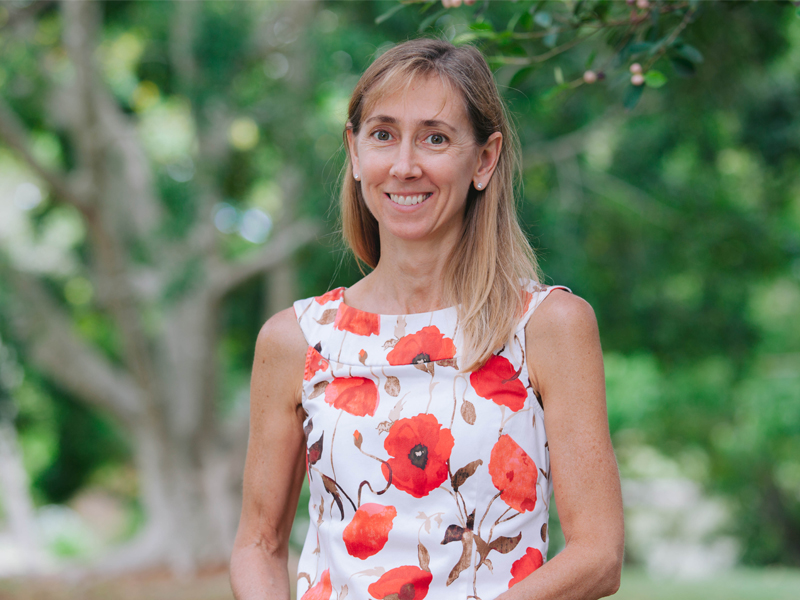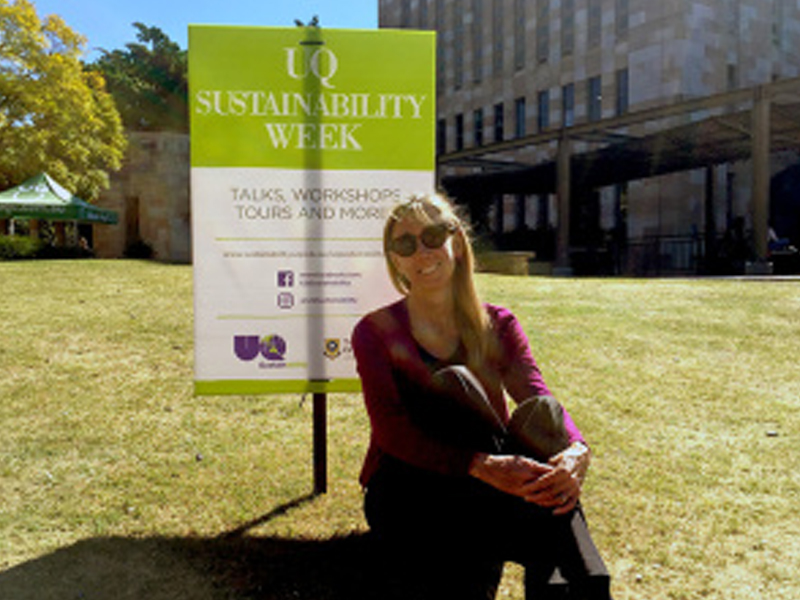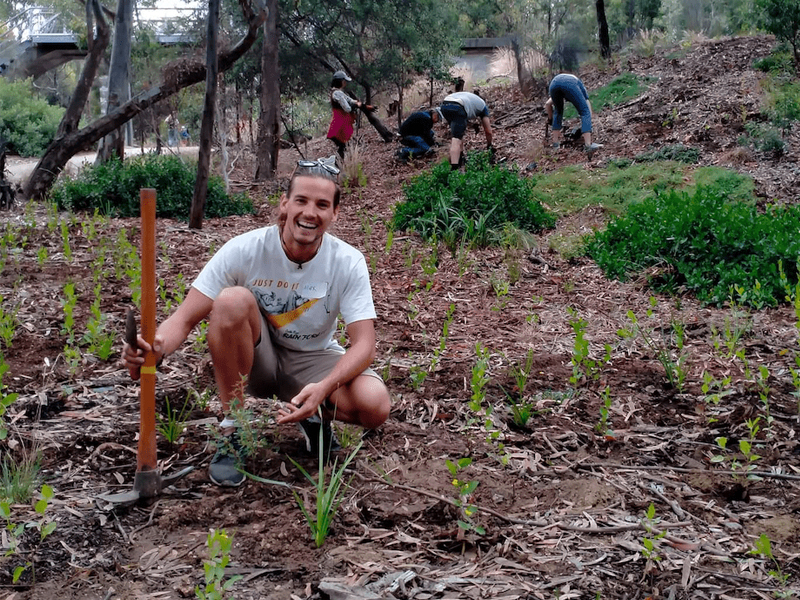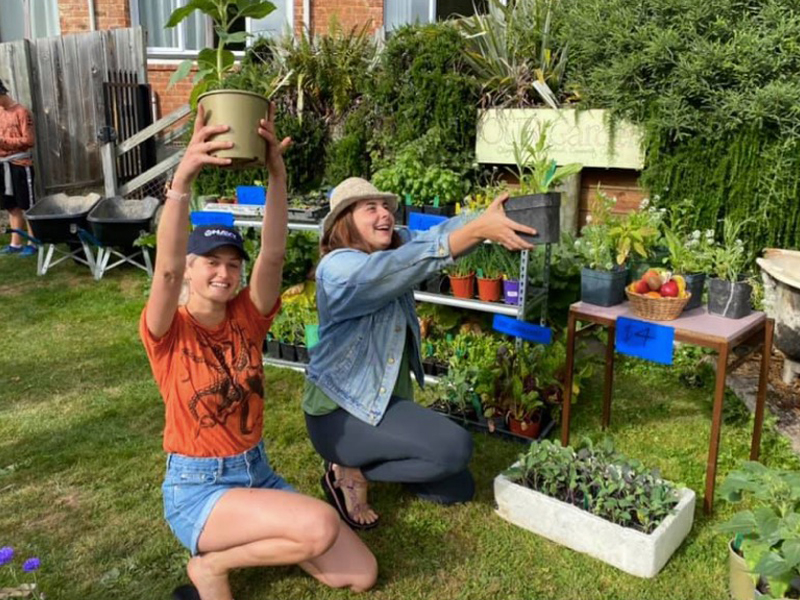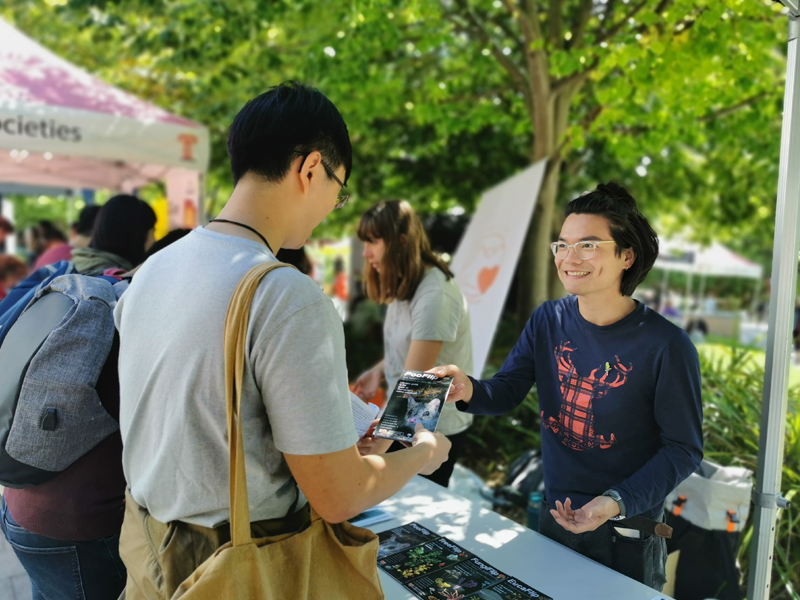The Green Gown Awards Australasia are open to all Australian and New Zealand tertiary education institutions including universities, TAFE, Institutes of Technology and Polytechnics (ITPs) and Registered Training Organisations (RTOs). The Awards are free and open to any institution type or size, apart from the Individual ACTS Award of Excellence which is only available for current ACTS members.
Congratulations to the winners, highly commended and finalists for the 2021 Green Gown Awards Australasia!
Organisational
Benefitting Society 
- Deakin University JOINT WINNER
- Eastern Institute of Technology JOINT WINNER
Building Back Better
- The University of Melbourne HC
- University of Otago WINNER
- University of Tasmania
Climate Action  sponsored by
sponsored by 
- RMIT University WINNER
- University of Otago
- University of Tasmania HC
Creating Impact 
- TAFE NSW
- The University of Sydney HC
- University of Otago
- University of Technology Sydney WINNER
Leading the Circular Economy sponsored by 
- Deakin University
- RMIT University WINNER
- University of Otago
- University of Tasmania
Next Generation Learning and Skills 
- Curtin University HC
- University of Technology Sydney WINNER
Student Engagement 
- The University of Melbourne
- University of Otago
- University of Queensland HC
- University of Tasmania WINNER
Sustainability Institute of the Year 
- University of Tasmania WINNER
Individual
ACTS Award of Excellence – Staff
- Fred Gale University of Tasmania WINNER
- Harriet Deans The University of Melbourne
- Jesikah Triscott University of Otago JOINT HC
- Klara Janickova University of Technology Sydney
- Richard Siu University of Tasmania
- Suzanne Davis University of Queensland JOINT HC
ACTS Award of Excellence – Student
- Alex Buck The University of Melbourne
- Charlotte Brewer University of Otago HC
- Kawinwit Kittipalawattanapol University of Tasmania
- Ruby Craven The University of Melbourne WINNER
Organisational Awards
As anchors in their communities and cities, tertiary education institutions benefit society in many ways. This category captures the powerful and innovative ways education institutions are realising their purpose in today’s society to benefit the lives of individuals, communities and wider society. Examples will range from economic, social and environmental impacts with organisations and sectors outside the institution where innovative new approaches to bringing positive benefit can be found.
Although all applications will be considered on their merits, the judges will particularly be looking for innovative community engagement type of initiatives that have an element of proactive, new, community and social concern and positive impacts, rather than the very worthy and commendable ‘grassroots’ and ‘business as usual’ activities.
Amongst others, examples might include how an institution applies and exchanges its student and academic knowledge with communities or partner organisations, how it uses its finances and investments, how it designs and manages its campus – all to demonstrate its values and the positive value it brings to society. A powerful example of such innovative and proactive engagement is the Living Lab approach: establishing projects that draw on students’ curricular work or academic research to address real sustainability challenges in stakeholder partnerships with community bodies.
Activities that have a substantial student element should be submitted to the Student Engagement category.
Judges recognise that not all projects will have a carbon saving, or include elements of environmental, social, cultural as well as an economic benefit.
Judges will, particularly this year, want to see how the pandemic has impacted initiatives and what opportunities this has brought.
The winning entry will automatically be put forward for the International Green Gown Award for Benefitting Society.
Deakin University
The Deakin Centre for Refugee Employment, Advocacy, Training and Education (CREATE)
Eastern Institute of Technology
Ko au te taiao, ko te taiao ko au : I am nature, nature is me
This new category is recognising the impact that the pandemic has had on institutions and challenges and opportunities that have been created to drive an environmentally sustainable and just recovery in a fair and inclusive way. The pandemic has impacted the education sector hugely, however it has also provided opportunities for creativity and innovation. It has challenged colleagues in the sector to review everything from how we deliver education through to how we use our campuses, and this has liberated us to think differently and find new more sustainable solutions.
This category is to recognise those surprising collaborations, innovative solutions, changes that were not possible prior to the pandemic that has accelerated routes to net-zero, embedded the SDGs, transformed organisational agility, raised the priority of sustainability within institutions or supporting the wider green recovery.
Judges are looking for game-changing staff and/or student-led initiatives that will support ongoing and sustained change and not sudden advancements which were already planned but implemented more quickly.
Initiatives can be at an organisation level or a wider society initiative. Initiatives could include but are not limited to travel, biodiversity and mental well-being.
Judges will be looking for evidence of short-term impacts and longer-term plans for lasting benefits and impact. Judges will take into account the relatively short time scale and will consider this on reviewing evidence.
Initiatives are to be ones that would not have happened prior to the pandemic or have accelerated action that would not have happened. Judges will be interested in other benefits that have resulted from the initiative.
Other categories have also recognised the pandemic and applicants are to apply under those categories where a change due to the pandemic was only part of the initiative.
University of Otago, Te Whare Wānanga o Otāgo
He Kāika Toitu, he Kāika ora: The Sustainability Neighbourhood
The University of Melbourne
Taking a tour of sustainability from your bedroom!
University of Tasmania
Building back literally and figuratively to achieve a better future
Proudly sponsored by
Carbon reduction and adaptation to the effects of climate change are essential for institutional resilience and business continuity – both executive-level issues. Institutions are exposed to significant climate risks and responsibilities to meet targets; institutions have to be taking bold steps to meet these targets while ensuring student outcomes and satisfaction are maintained.
This category focuses on the steps that institutions are taking and planning to take to reach net-zero emissions targets. The judges are looking for innovative ideas and approaches that institutions are taking or planning. It is recognised that there may not be the normal evidence or impact available as this category includes current plans, however, institutions that can provide evidence on implemented actions will be favoured by judges.
The judges will be looking for:
- Innovative plans for achieving net-zero.
- Focus on achieving Scope 1 and 2 emissions initially with Scope 3 in the horizon.
- How do you know you are getting there? Outline what steps are being taken in the area of measurement and verification of the impact of efforts on the progress towards net-zero.
- What steps are being taken on mitigation and adaptation?
- Actions that can be scalable and transferable to other institutions/across the sector including how barriers and challenges have been identified and if possible overcome.
- Plans and actions that are looking at the whole institution and holistic approach.
- Examples of using internal research and academic knowledge in helping advance actions.
- Examples of working in partnership within your local community and other stakeholders.
The aim of this category is to share the good efforts institutions are taking as well as learning from each other in areas that have not worked so well. Whilst the end results may not be available, judges will look at projected impacts.
Judges will, particularly this year, want to see how the pandemic has impacted climate actions and what opportunities this has brought.
RMIT University
The RMIT Journey Towards Carbon Neutral
University of Otago, Te Whare Wānanga o Otāgo
Mindful Mondays at residential colleges
University of Tasmania
Zero hour for zero carbon at UTAS
This category recognises institutions that have achieved significant sustainability-related outcomes, on-campus or within their community, using minimal and/or limited resources. Initiatives need to demonstrate the relationship/link between the number of resources used (for example staffing, budget, time) and the level of impact achieved (for example quantifiable changes in behaviours and/or reportable metrics).
Initiatives could include those which can demonstrate significant sustainability achievements (such as sustainable products, processes or learnings) in a relatively short period and/or with a restricted budget, and/or with a small staff base e.g. good progress from a low base. Projects that raise the broader profile of sustainability will be particularly favoured.
Applications must show how learning from others has been implemented and for the greater chance of success demonstrate how the initiative can be extended to and/or replicated by other organisations.
Initiatives can cover a single aspect of sustainability or have multiple foci, including but not limited to: facilities & operations; learning & teaching, research; leadership and governance; community; procurement, and; engagement. However, regardless of the topical focus, the primary aim of this category is to demonstrate how institutions can still achieve creative and high impact outcomes with limited resources.
Judges will be particularly interested in initiatives that have gone towards supporting a social and environmentally sustainable recovery from the Covid-19 pandemic that has been embedded and will be sustained post-pandemic. This might be a surprising collaboration, changing practices or a new opportunity for your institution.
The winning entry will automatically be put forward for the International Green Gown Award for Creating Impact.
TAFE NSW
Not a wasted opportunity
The University of Sydney
Nguragaingun, Ngara, Pemulian – our new Curriculum Garden and Biodiversity Management Plan
University of Otago, Te Whare Wānanga o Otāgo
Unipol ‘Sustainable You’ Model
University of Technology Sydney
First plastic-free food court
Proudly sponsored by
Institutions will play a vital role in the global transition towards a circular economy. By growing momentum through teaching and learning, research and student action; utilising campuses as living labs, and; using purchasing power and progressive procurement to make campus operations and supply chains more circular; there is significant scope for the sector to ‘close the loop’.
This category recognises institutions taking a ‘circular economy’ approach to resources, considering not just waste reduction and recycling efforts, but a holistic approach to the entire waste hierarchy (refuse, reduce, reuse, repurpose, recycle and rot) within campus communities. There is no expectation for institutions to be doing everything perfectly, however, judges will be looking for creative solutions that capture the interest of staff and students and demonstrate strong stakeholder engagement internally and externally to inspire change.
Specific projects can be submitted, however, applications demonstrating a range of innovative solutions contributing to analysing supply chains and changing all waste systems on campus will be highly favoured by judges.
Applications will need to provide evidence of ‘closed loop’ systems and activities that have resulted in measured reductions of virgin materials and/or maximised reuse, repurposing and resource efficiency, integrated sustainable practices, sustainable procurement, as well as engagement with stakeholders, supply chain and partners and/or created real-world examples for student engagement and teaching and learning.
Noting this is a new category in 2021, Judges will be interested to see how the pandemic has impacted circular economy initiatives and what opportunities this has brought.
Deakin University
Plastics to pavement – Closing the Loop on soft plastics at Deakin
RMIT University
Weaving together a circular economy at RMIT
University of Otago, Te Whare Wānanga o Otāgo
Laying waste to landfill
University of Tasmania
Circularity is not going around in circles
This category recognises achievement in the development of academic courses, skills and capabilities relevant to sustainability. These can be vocational, undergraduate or postgraduate courses or related to wider purposes such as community involvement, global or environmental awareness or to support lifestyle changes.
Examples of possible application topics include:
- Effective integration of sustainability principles and/or practices within and across disciplines and existing courses, especially those not traditionally engaged with sustainability;
- The development of new courses focused on sustainability issues;
- Use of practical sustainability-related projects or other practical activities within courses including work-based learning initiatives.
- Training for apprenticeships;
- Continuing professional development (CPD) activities;
- Skill-focused courses leading to professional or vocational qualifications;
- Adult & community learning, and short courses for practitioners and;
- Demonstrating/implementing sustainability practices in the workplace.
Applications can be made for activities connected with undergraduate or other academic courses if there is a practical focus on the development of specific skills which goes beyond the normal activities of the disciplinary curriculum, e.g. running community-based projects which give students considerable autonomy and develop their communication, management abilities etc.
Possible applicants for this category include Higher Education institutions; Further Education colleges; adult and community and work-based learning providers.
Judges will, particularly this year, want to see how the pandemic has impacted initiatives and what opportunities this has brought.
The winning entry will automatically be put forward for the International Green Gown Award for Next Generation Learning and Skills.
Curtin University
Green Information Technology and Sustainability (GITS) (postgraduate unit project)
University of Technology Sydney
A degree like no other: Industry Innovation Project in the Bachelor of Creative Intelligence & Innovation at UTS
This category reflects that students and staff must work together to achieve goals using “top-down” and “bottom-up grassroots” methods to achieve maximum understanding and engagement across an institution. This, in turn, aids student progress and allows for opportunities to gain transferable employability skills. It looks at both the student input and the staff commitment and the relationship between the two. It must be clear that initiatives include both staff and students (not just one party) working in partnership, however, judges will look favourably on activities that have been initiated by and/or demonstrating strong leadership by students.
Where staff and students are involved, as well as including the actual numbers, including how they are involved and what impact/influence they have had.
Examples could include Social media projects; Awareness and communication campaigns; Procurement actions; Sustainability reporting and websites; Volunteering activities organised by unions, societies and similar organisations within institutions; Community projects.
Judges will, particularly this year, want to see how the pandemic has impacted initiatives and what opportunities this has brought.
Applications are equally welcomed from institutions or student bodies.
The winning entry will automatically be put forward for the International Green Gown Award for Student Engagement.
The University of Melbourne
Students as agents for Change!
University of Otago, Te Whare Wānanga o Otāgo
Tētēkura – Student-driven positive impact
University of Queensland
Green Ambassador Program
University of Tasmania
Creative and critical inquiry leads change: the Sustainability Integration Program for Students (SIPS)
This category recognises sustained, whole-institution commitment and impact to becoming a sustainable organisation.
To improve social responsibility and environmental performance through a whole of institution approach, strategic sustainability activities through four main areas must be achieved:
- Leadership and Governance
- Facilities and Operations
- Learning, Teaching and Research
- Partnerships and Engagement
Applications are only likely to be successful if they provide considerable quantitative evidence on the nature of the improvements made and also demonstrate a causal relationship between activities undertaken and improvements achieved based on the four key areas. Economic cost savings, where appropriate and if available would also be welcome. Initiatives must have been running for at least two years.
Judges will be looking for key areas where it is felt that the institution is distinctive compared to its peers, and provide supporting evidence. Tangible evidence of high-level commitment, and its incorporation into management procedures, will also carry great weight with the judges as will engagement with the UN Sustainable Development Goals and public reporting of performance.
Judges welcome more granular data so others in the sector can learn and replicate approaches taken by these leading institutions.
Judges will, particularly this year, want to see how the pandemic has impacted on initiatives and what opportunities this has brought.
The winning entry will automatically be put forward for the International Green Gown Award for Sustainability Institution of the Year.
University of Tasmania
Sustainability Mission Integration and shooting for the STARS
Individual Awards
The ACTS Award of Excellence for Staff is open to all staff members, at any level, within an ACTS member institution, who deserve recognition for continued and ongoing effort to improve sustainability performance. The award will recognise those who have worked hard at implementing a sustainability project/initiative (or several) and whose involvement has made a positive impact on either their peers, their institution, their students, their local community or their local workforce.
A key criterion is actions that have been taken over and above the normal requirements of people’s jobs. Applications must provide evidence of impact, and of good leadership/championing practice in engaging and inspiring others.
Individuals can complete the application form but cannot apply themselves. The submission must be nominated by a manager or peer within or outside the sector. Individuals that have won previously can reapply after 2 years.
Fred Gale
University of Tasmania
Harriet Deans
The University of Melbourne
Jesikah Triscott
University of Otago, Te Whare Wānanga o Otāgo
Klara Janickova
University of Technology Sydney
Richard Siu
University of Tasmania
Suzanne Davis
University of Queensland
The ACTS Award of Excellence for Students is open to any student within an ACTS member institution, who deserves recognition for sustainability-related activities undertaken. The award will recognise those who have worked hard at implementing a sustainability project/initiative (or several) and whose involvement has made a positive impact on either their peers, their institution, their students, their local community or their local workforce.
Activities may include campaigning, inspiring and motivating others or championing a cause on campus or outside. If studying a sustainability-related topic, activities over and above normal course requirements will be favoured. Initiatives or campaigns through an organised group or union are eligible, with judges favouring those that can demonstrate significant personal involvement or leadership.
Individuals apply themselves but should be formally nominated by a manager or peer. Individuals that have won previously can reapply after 2 years.

